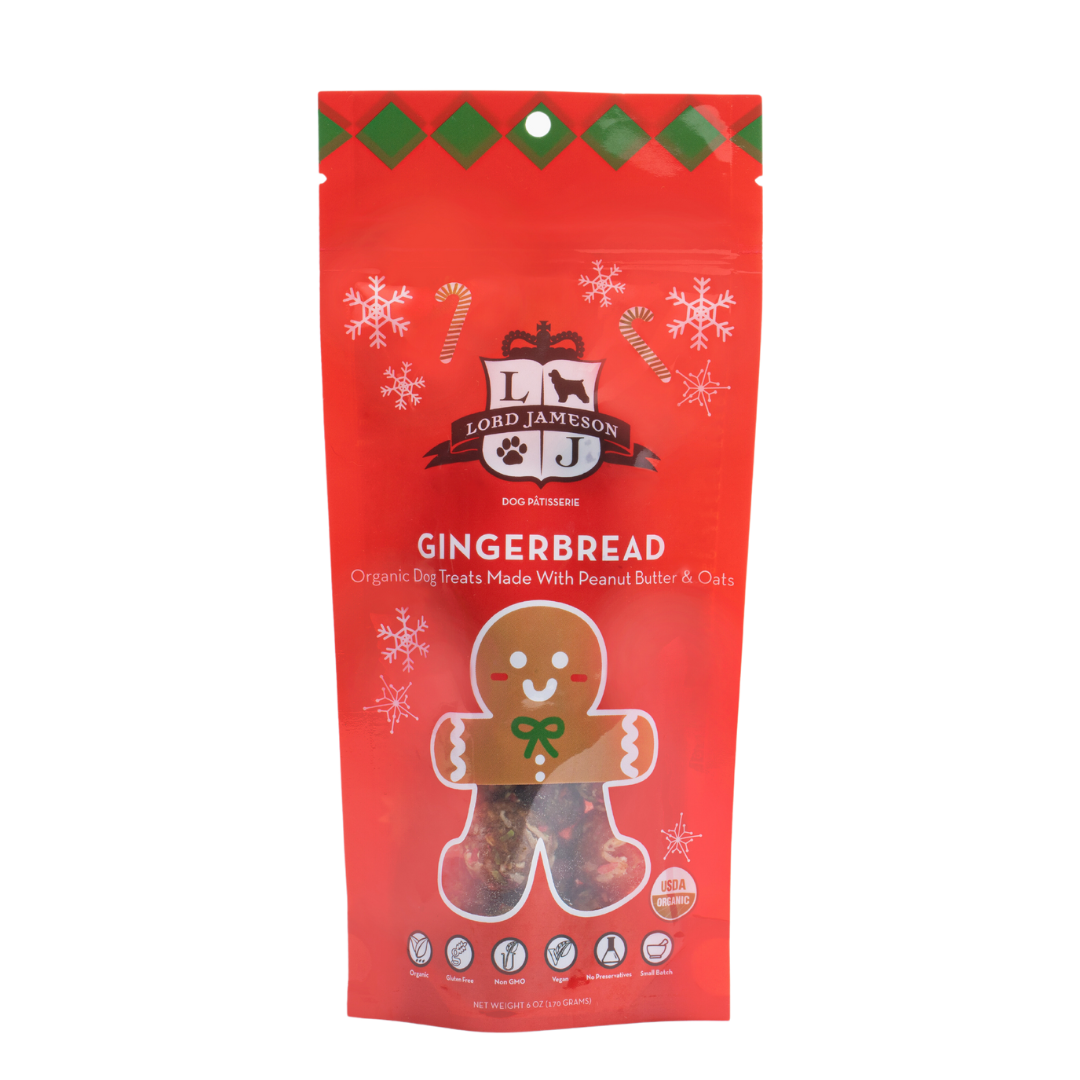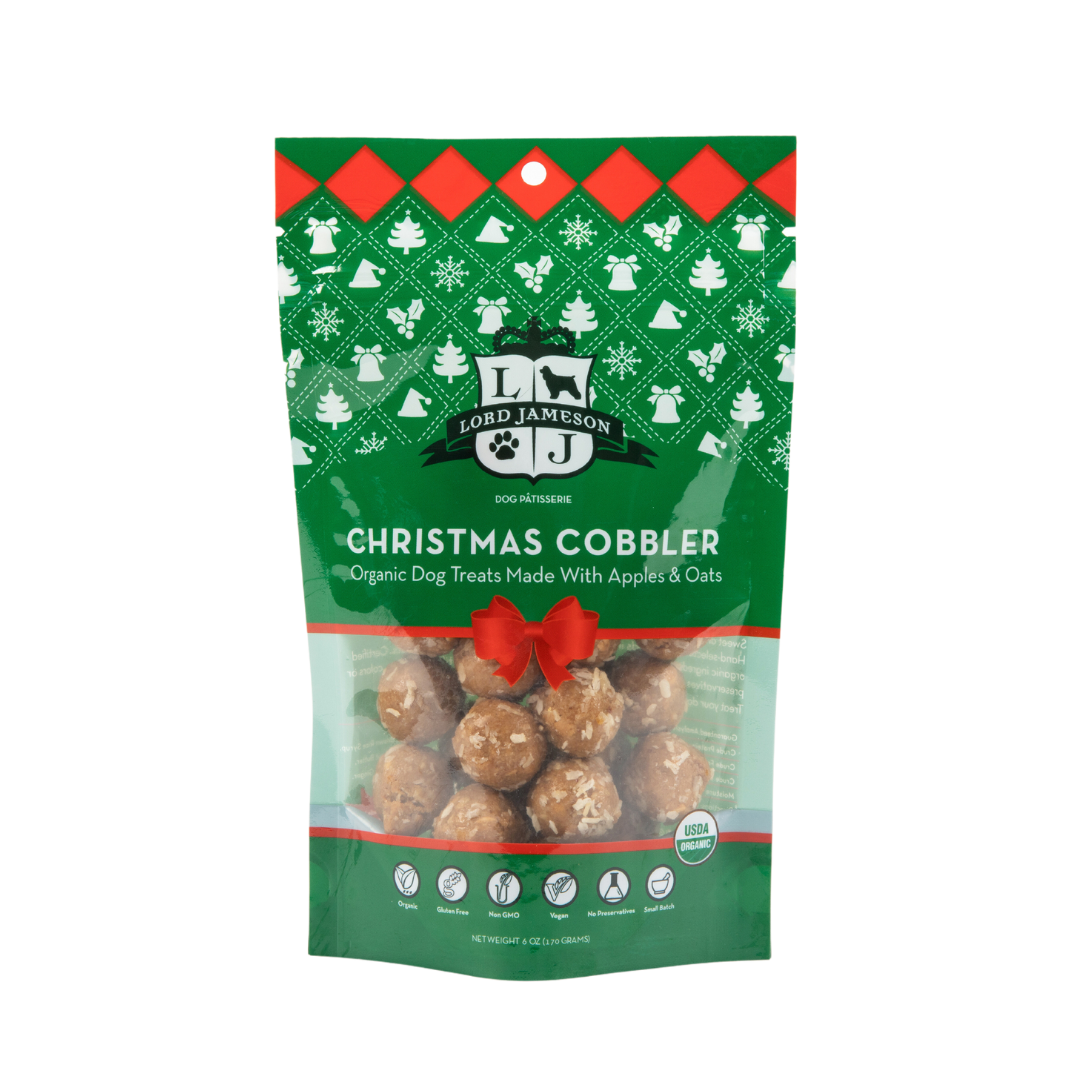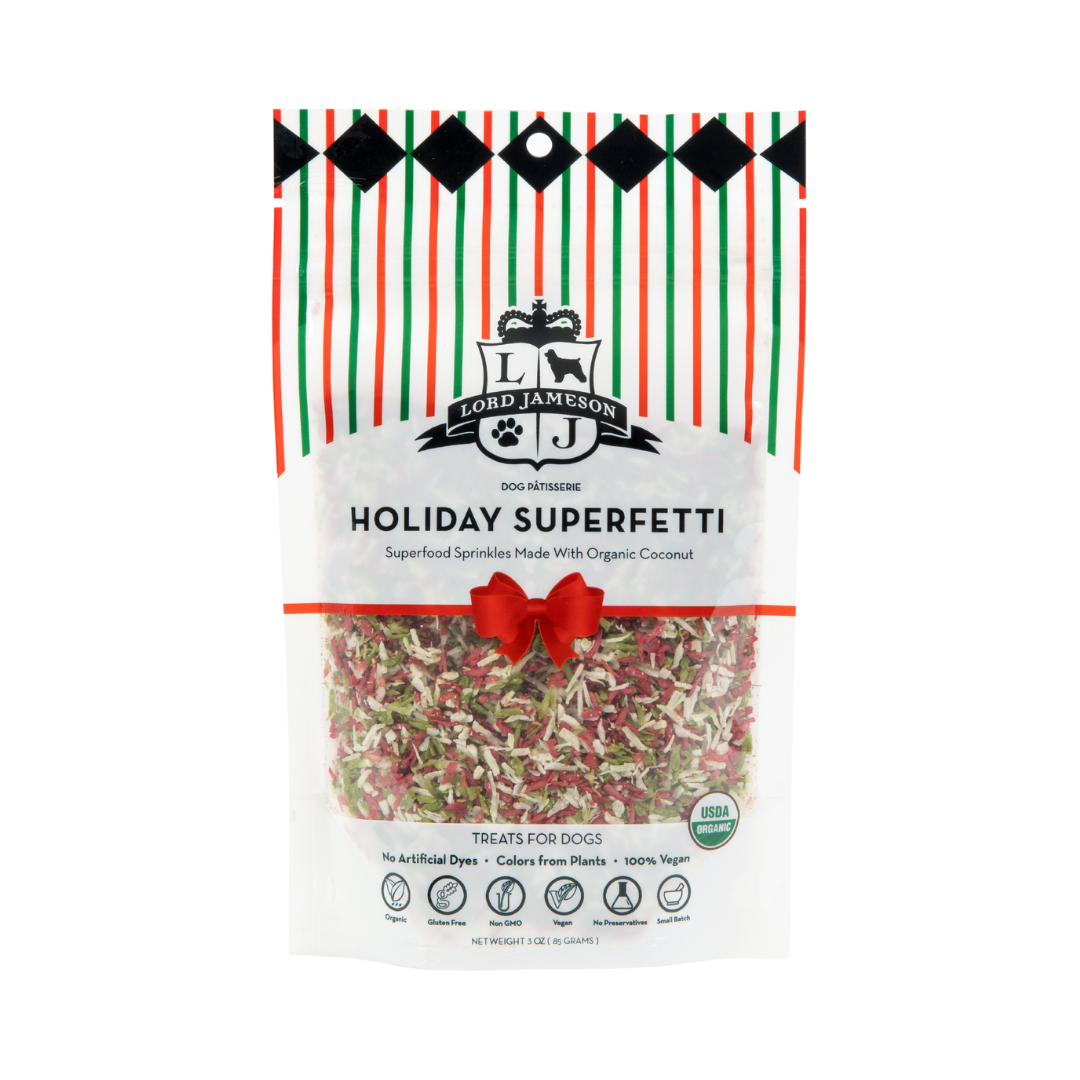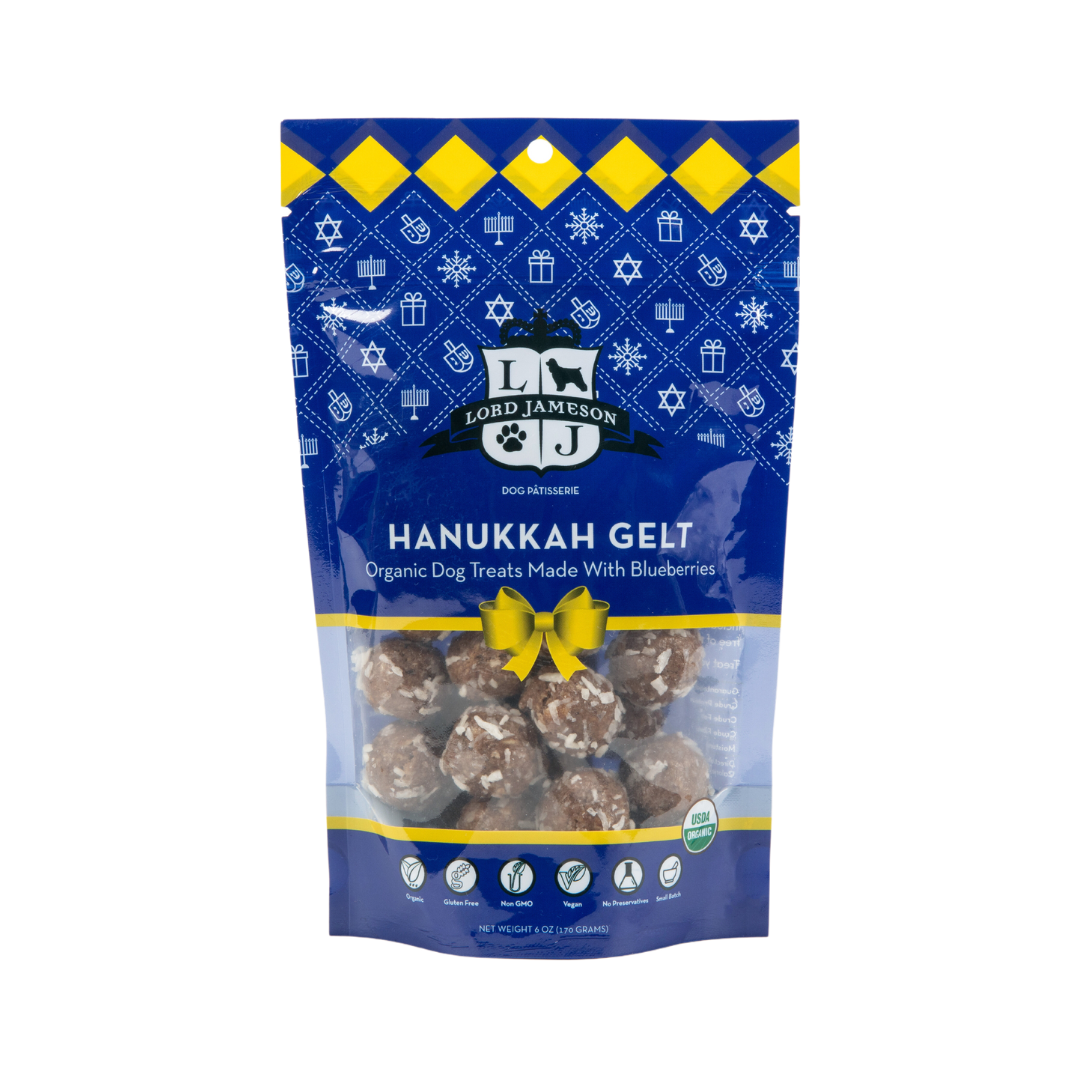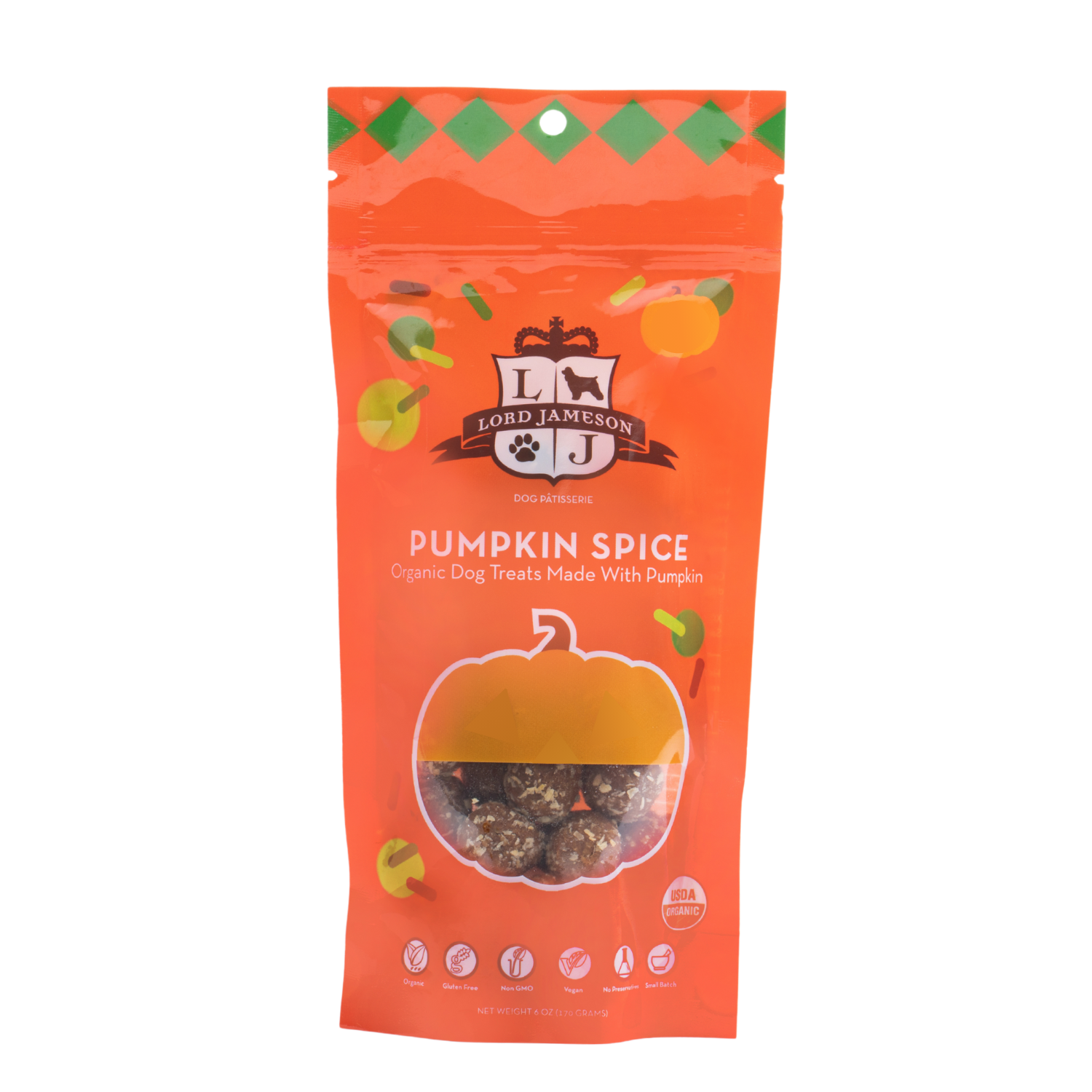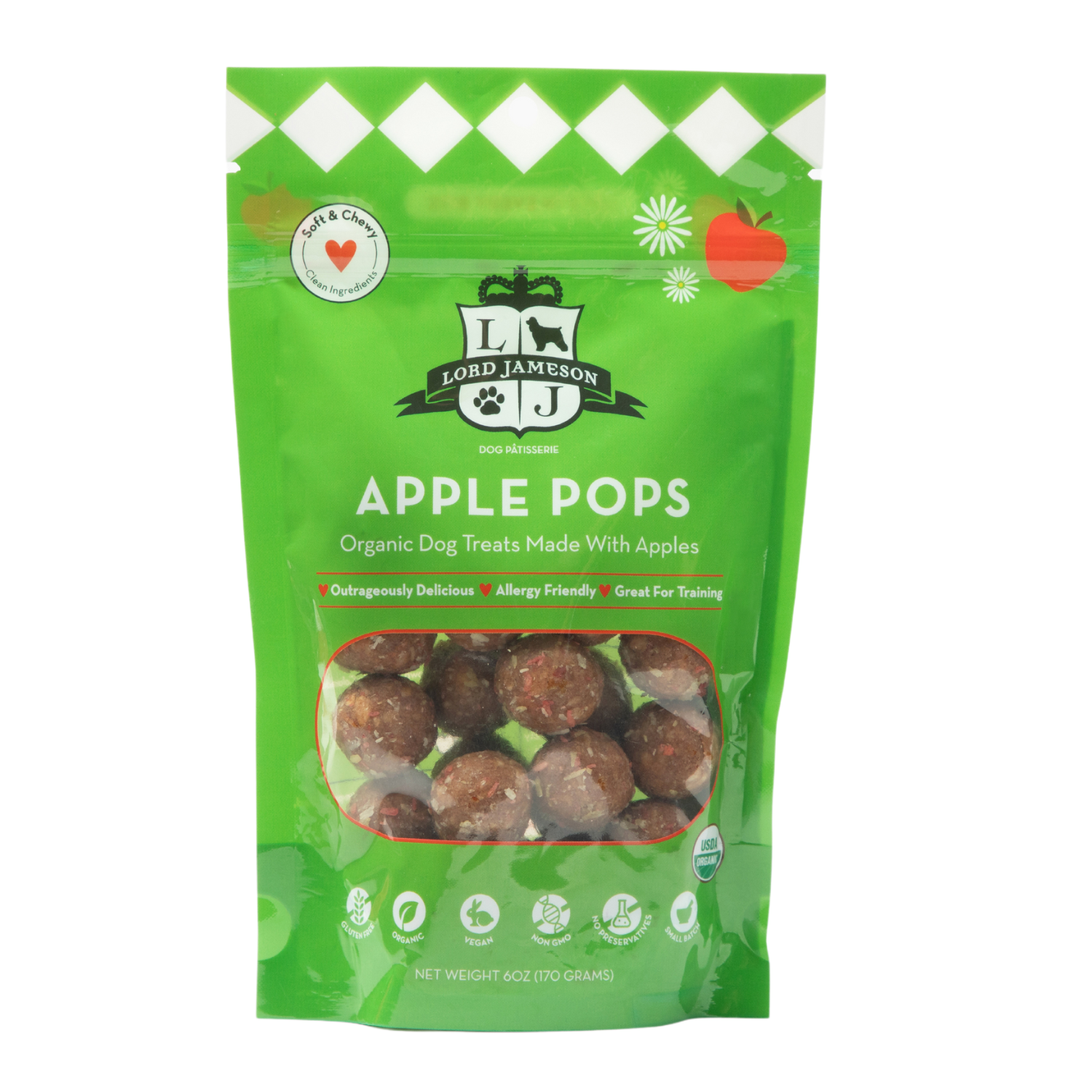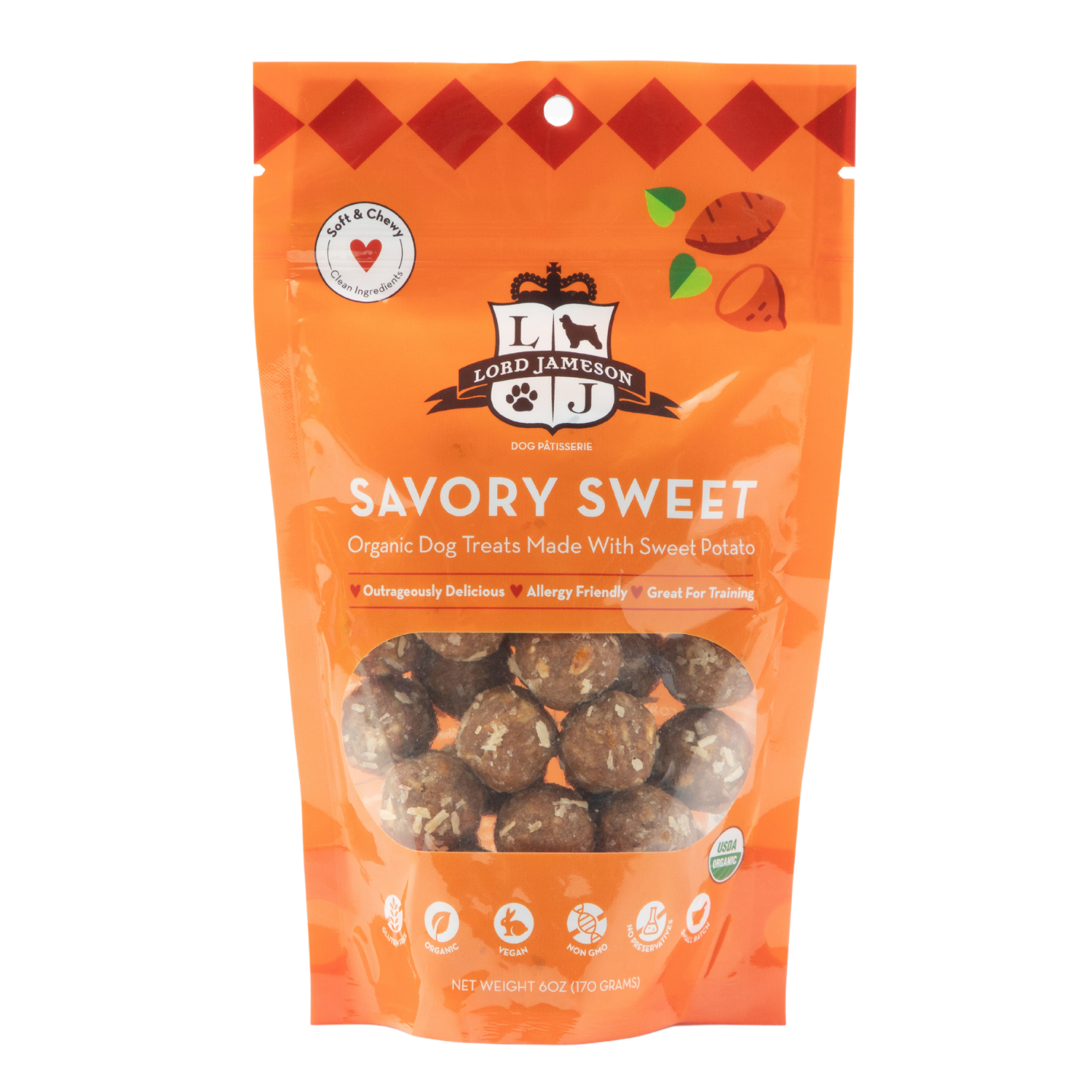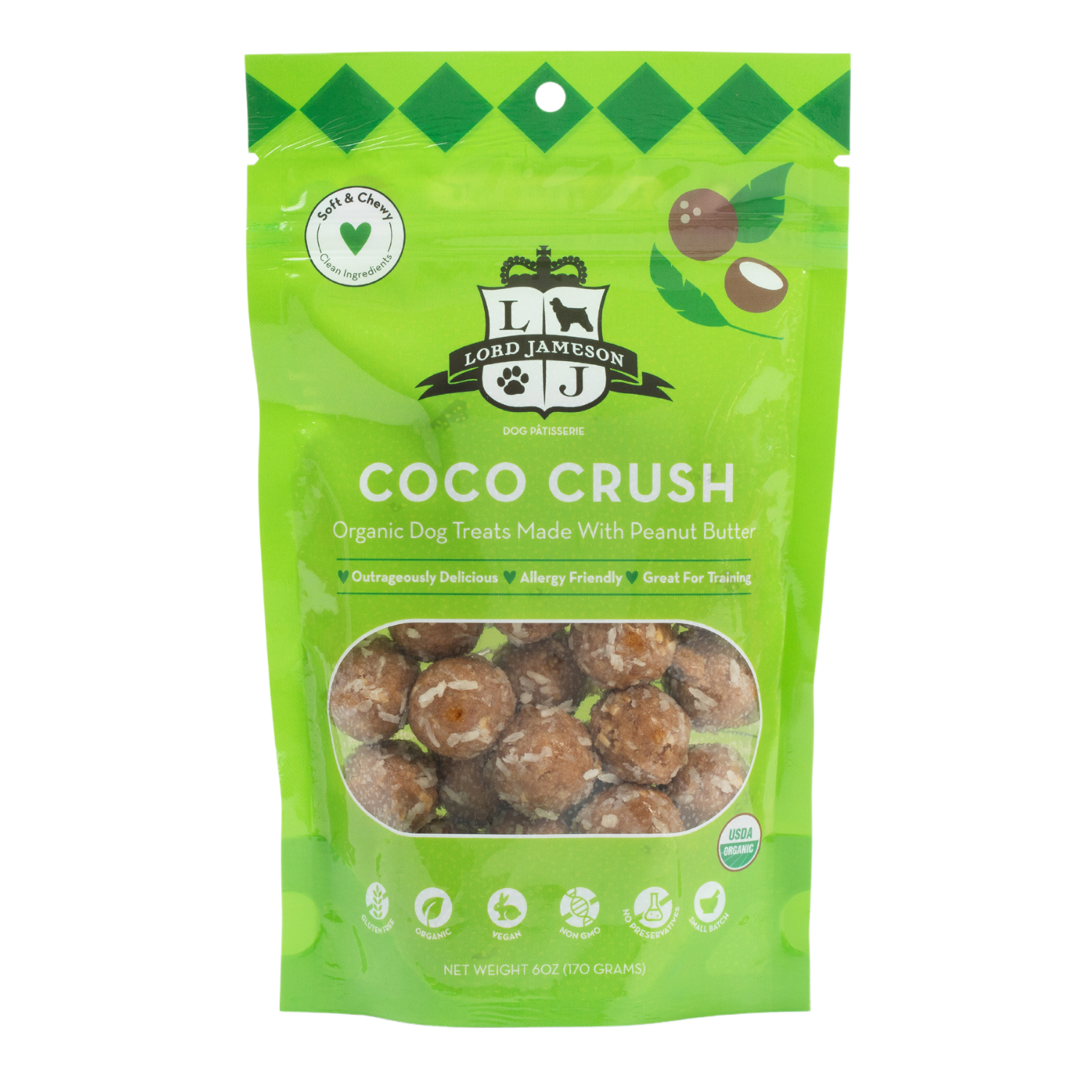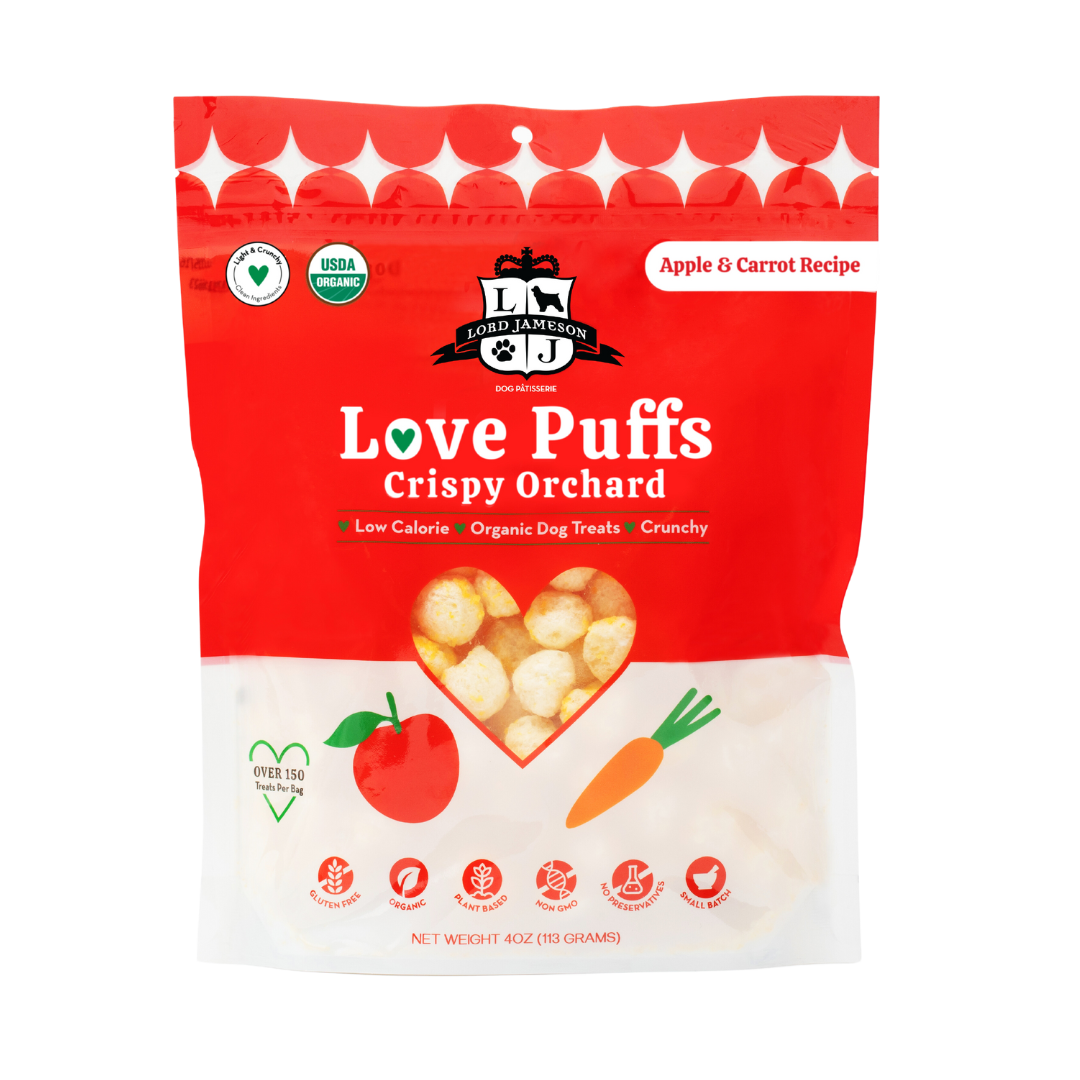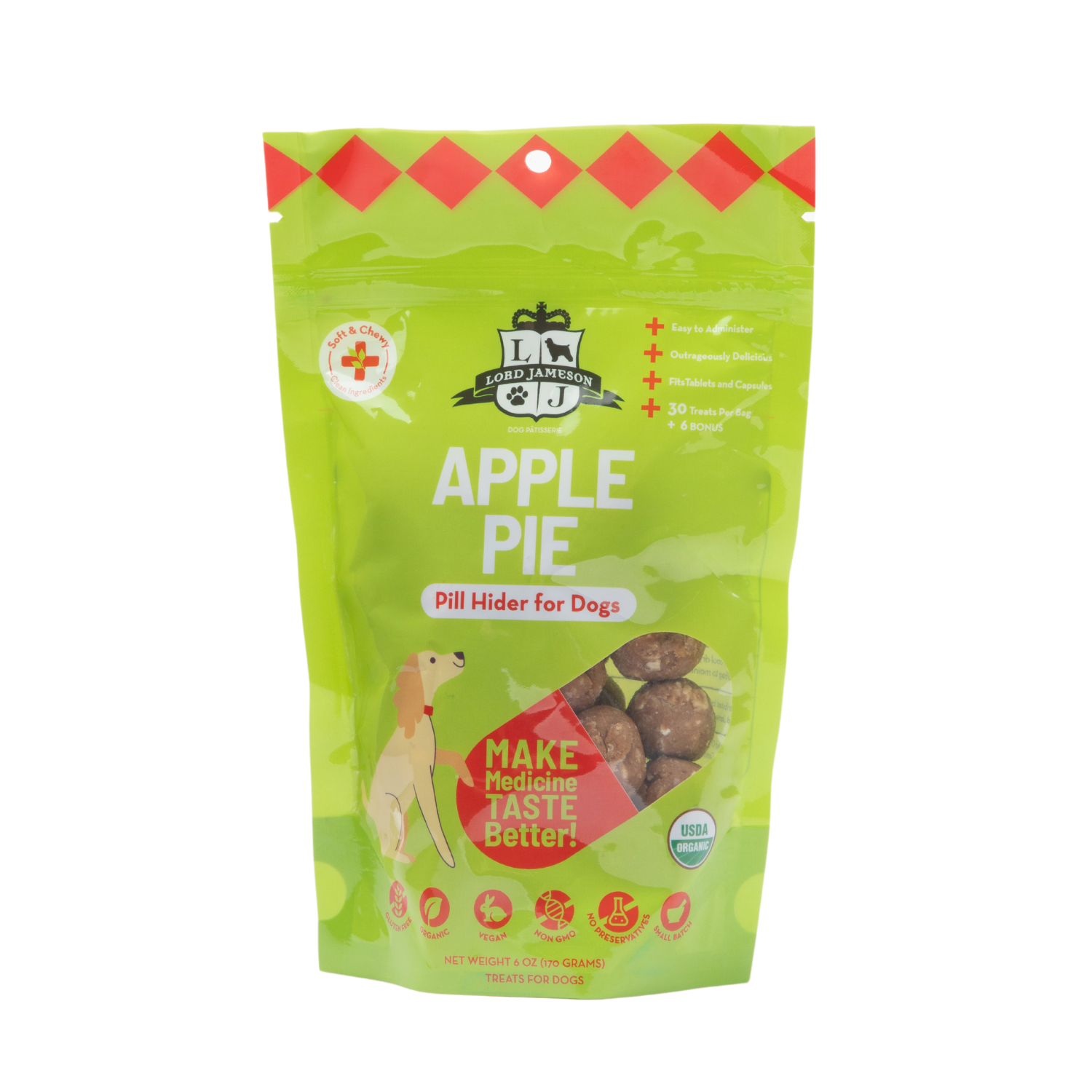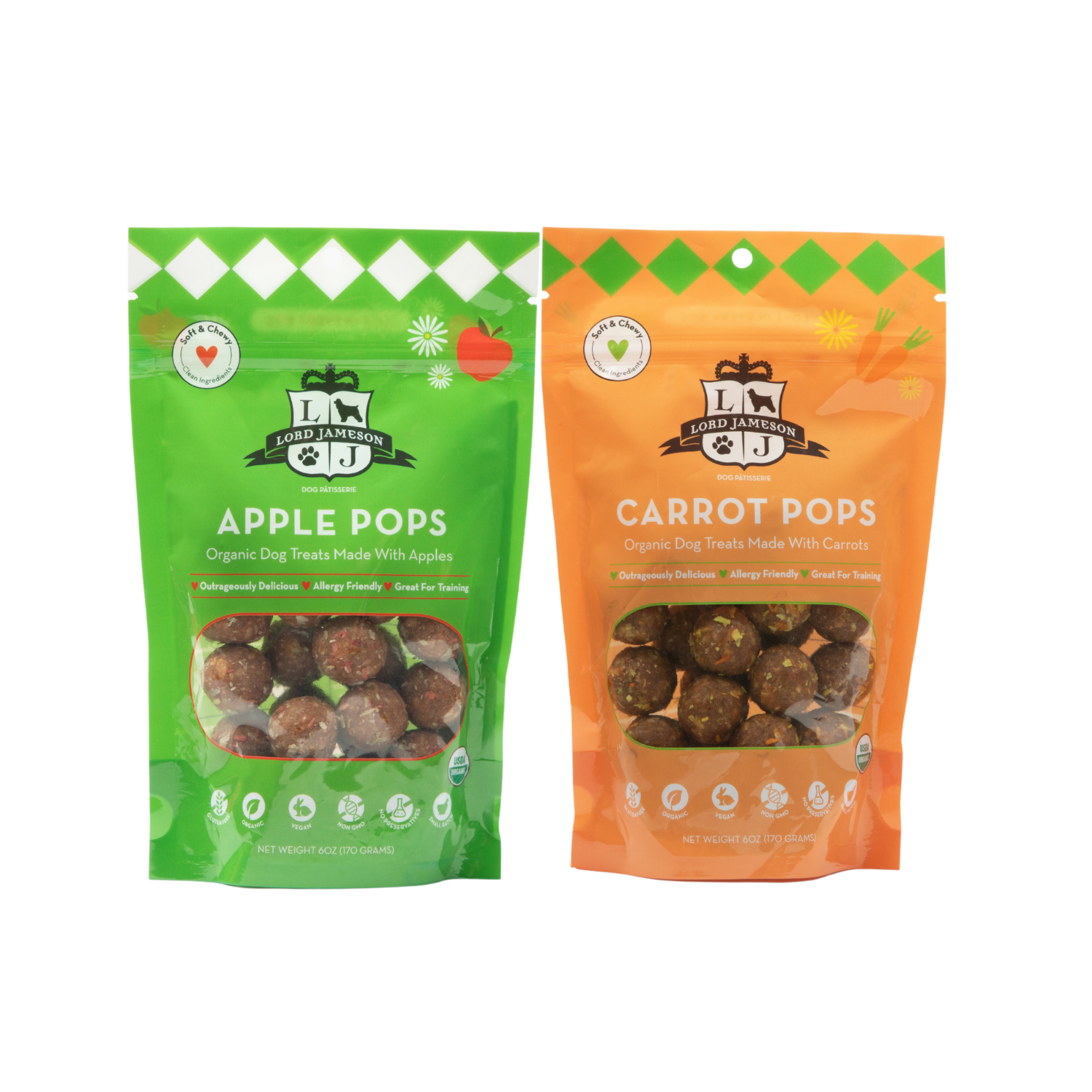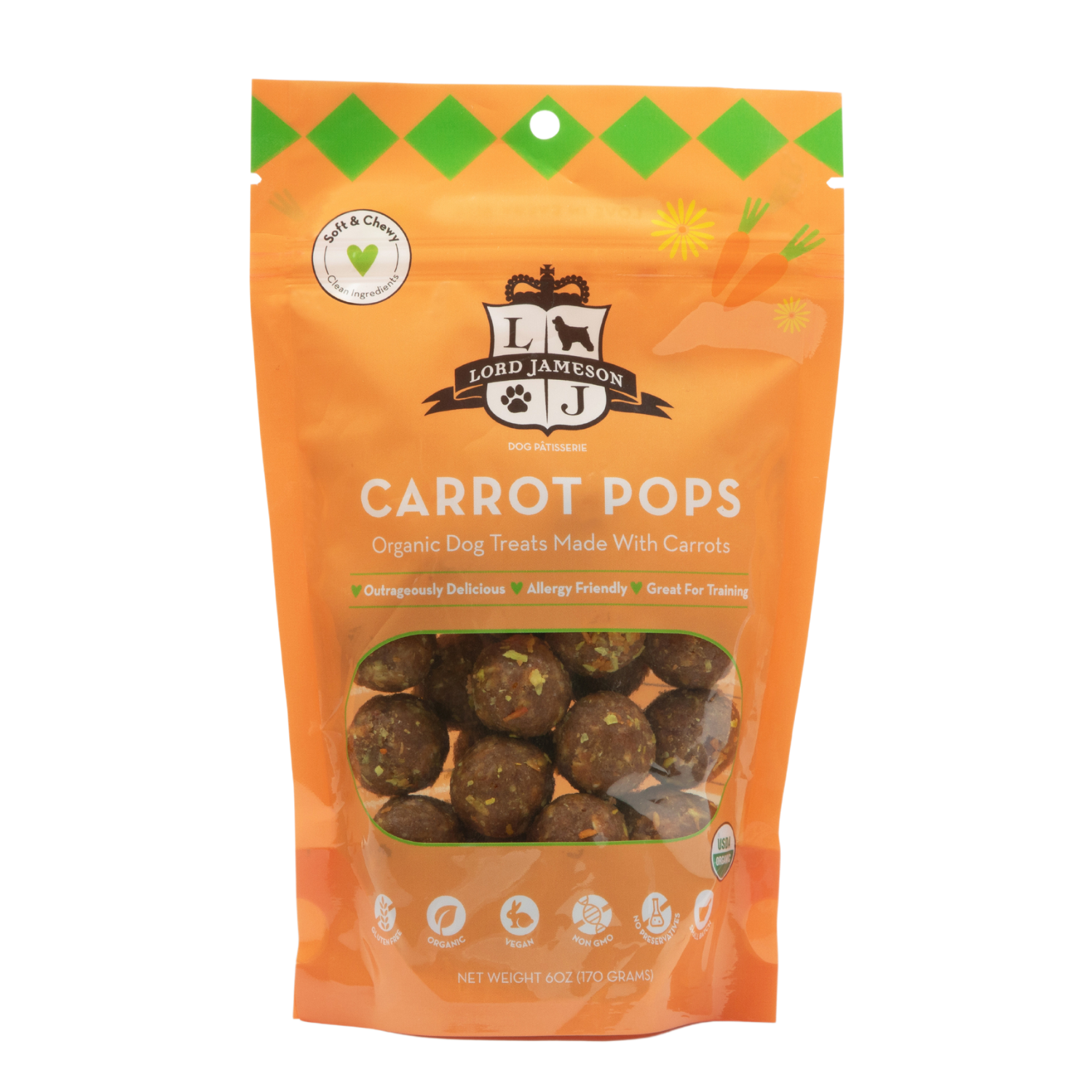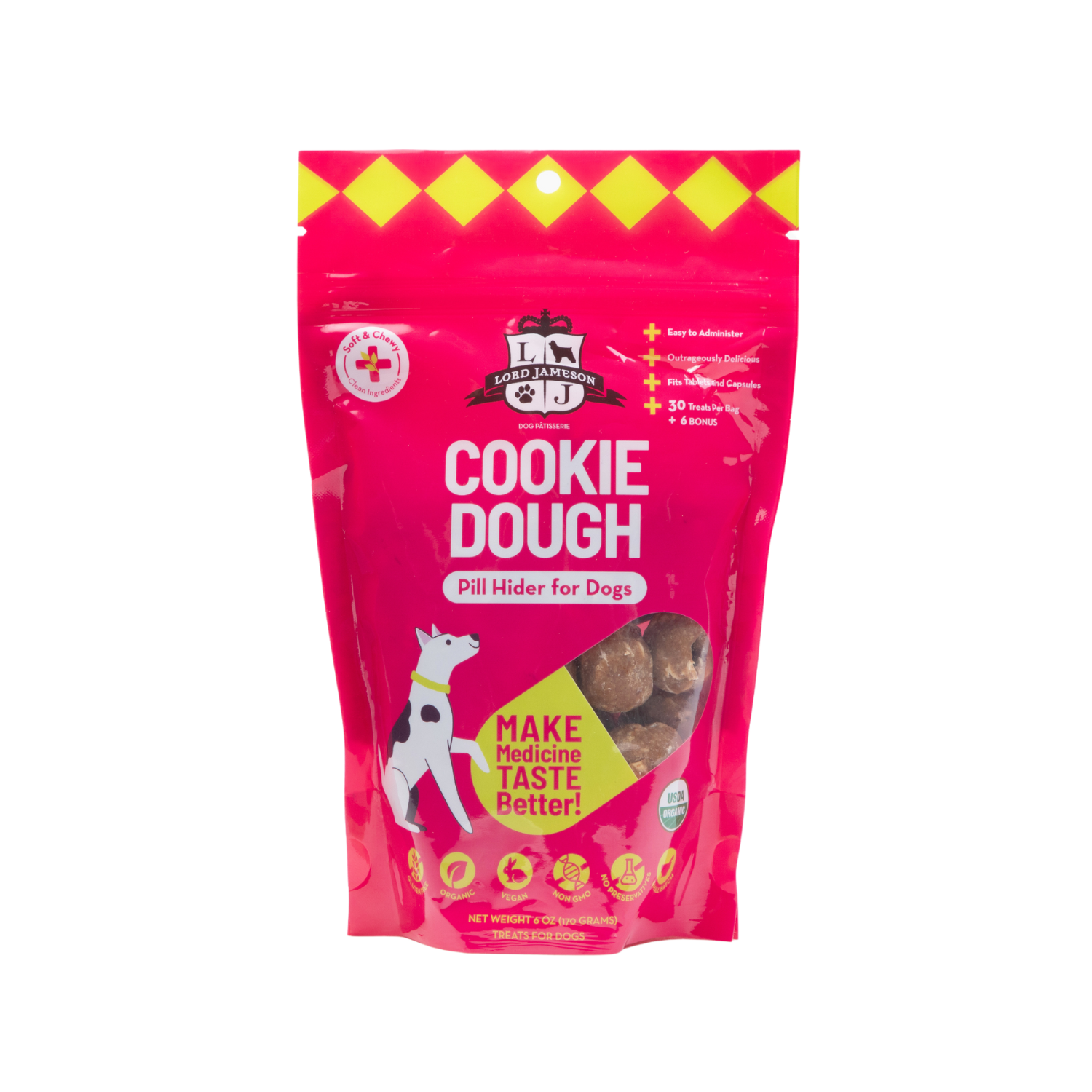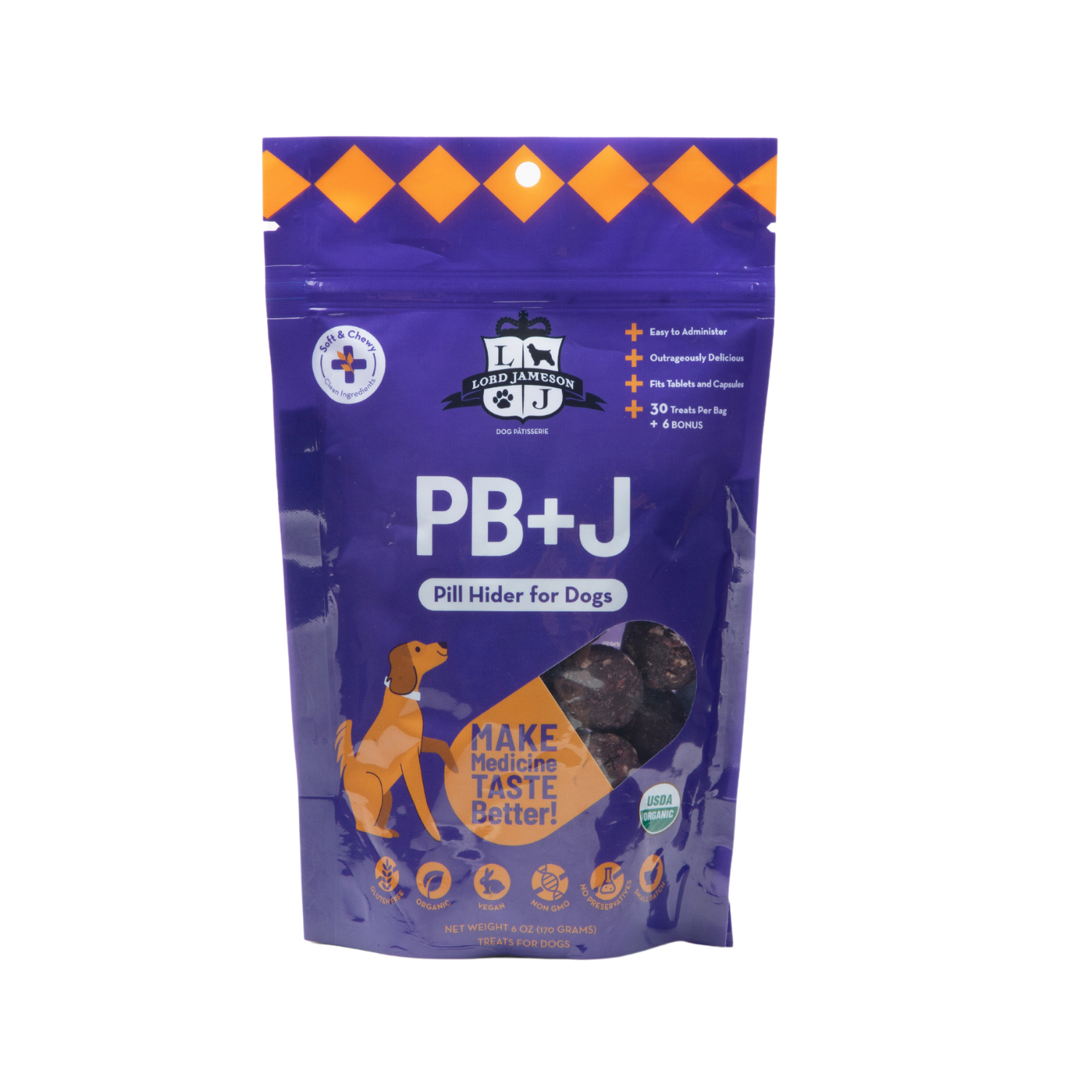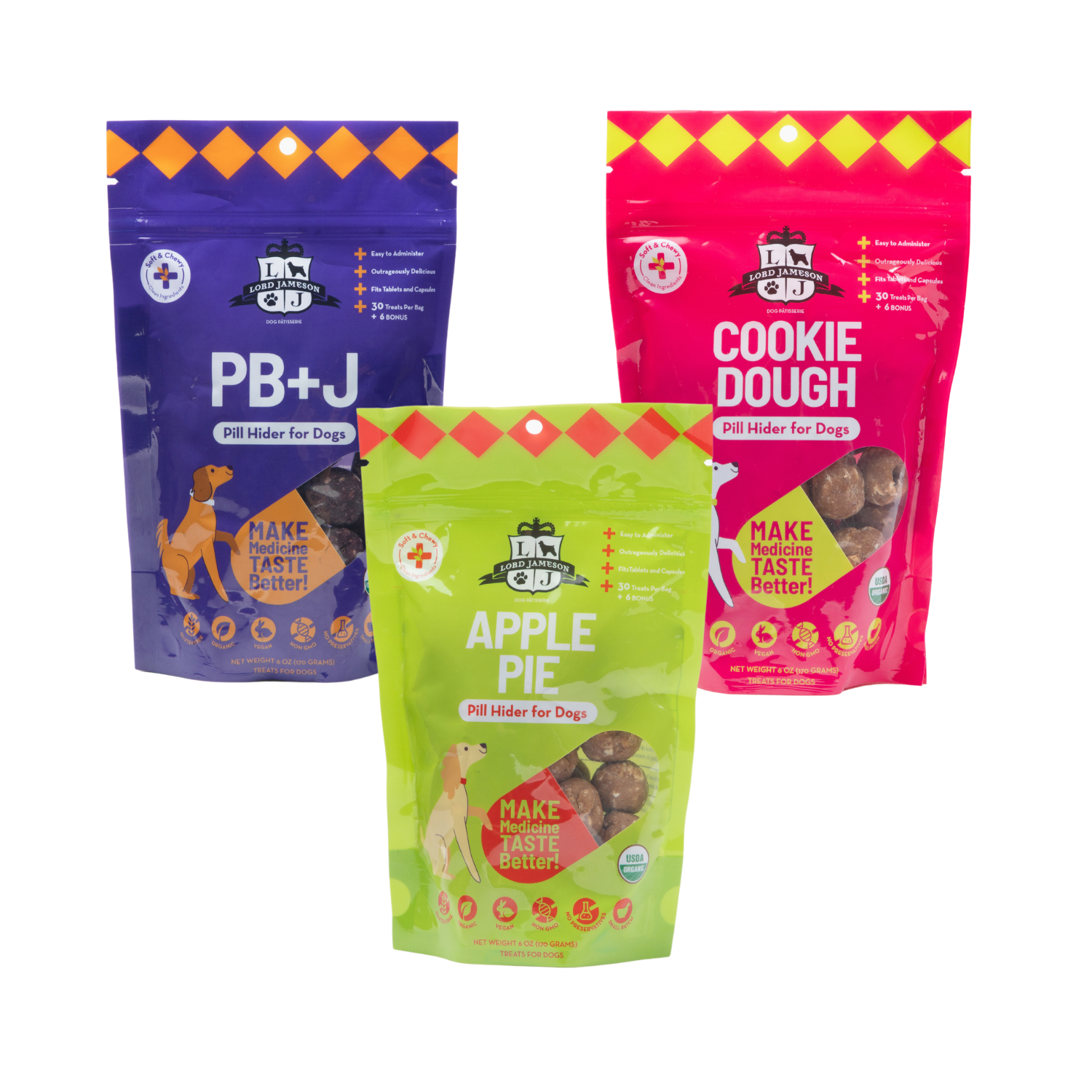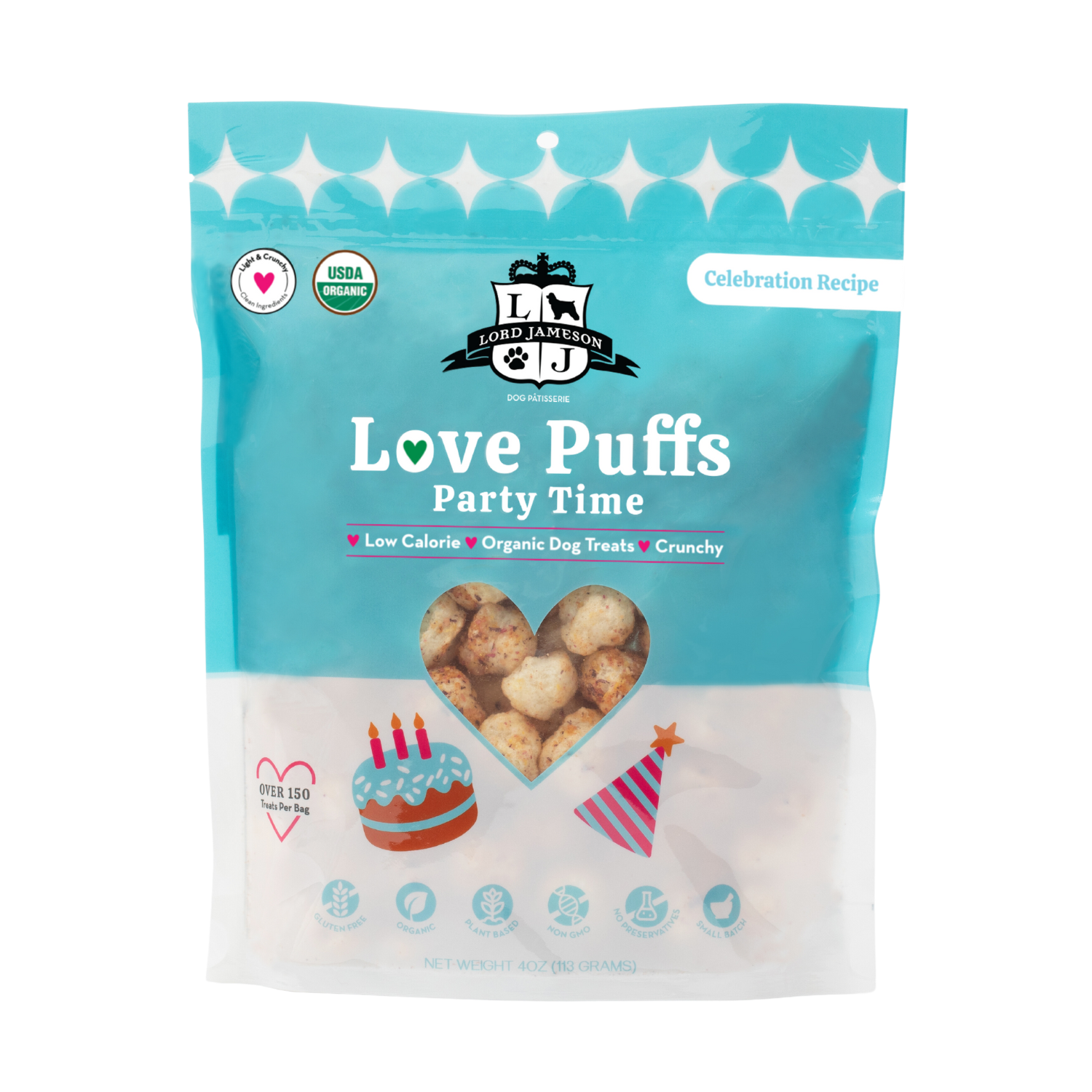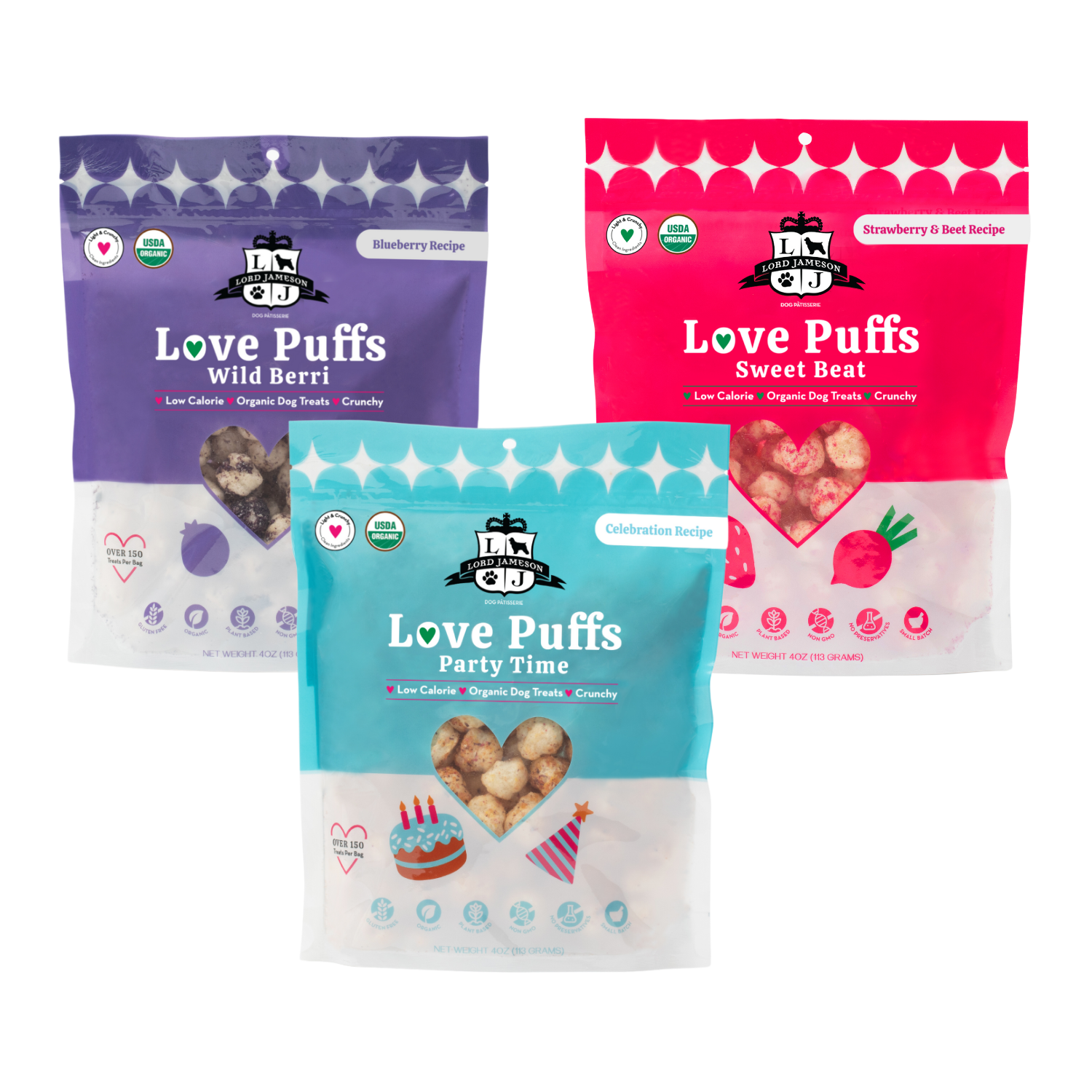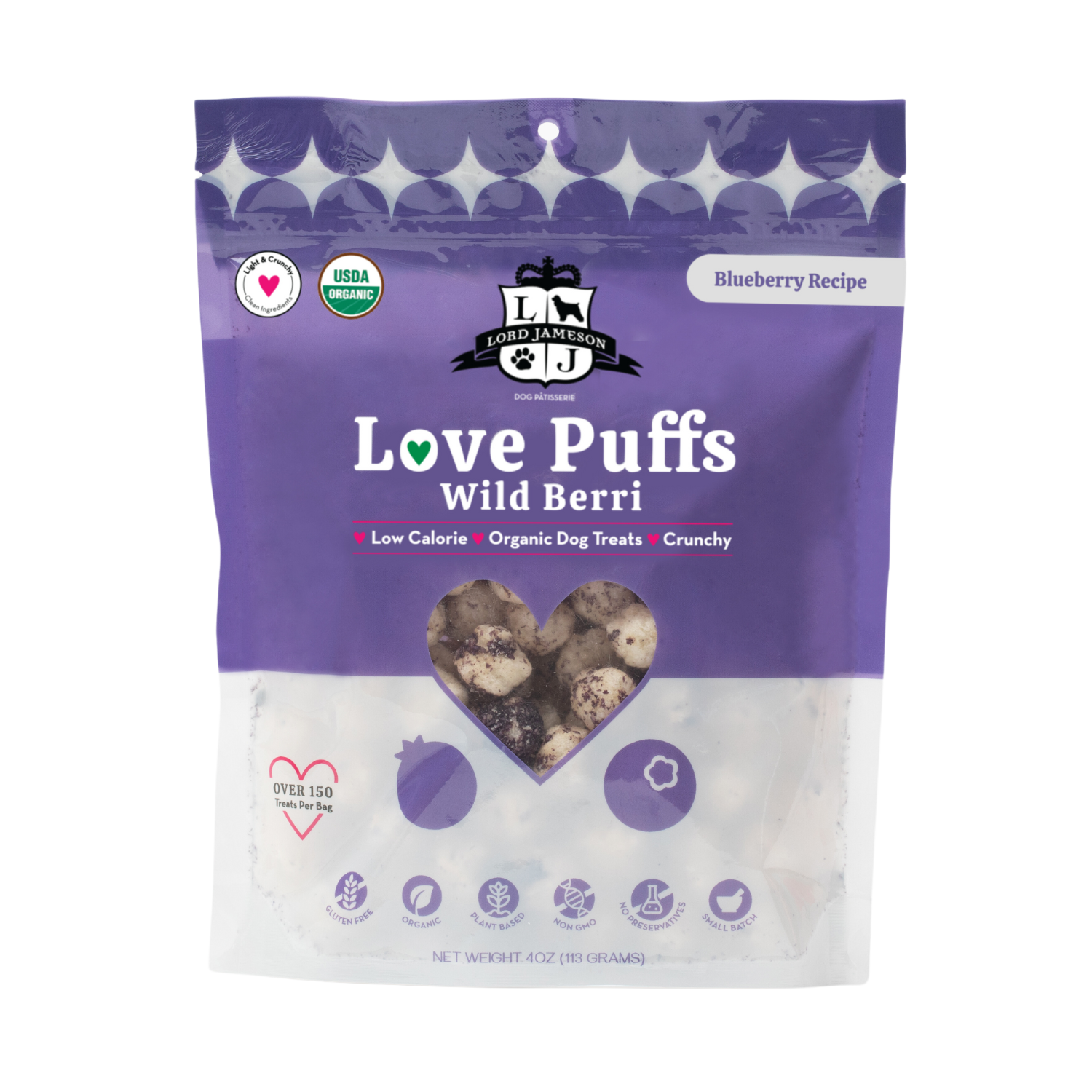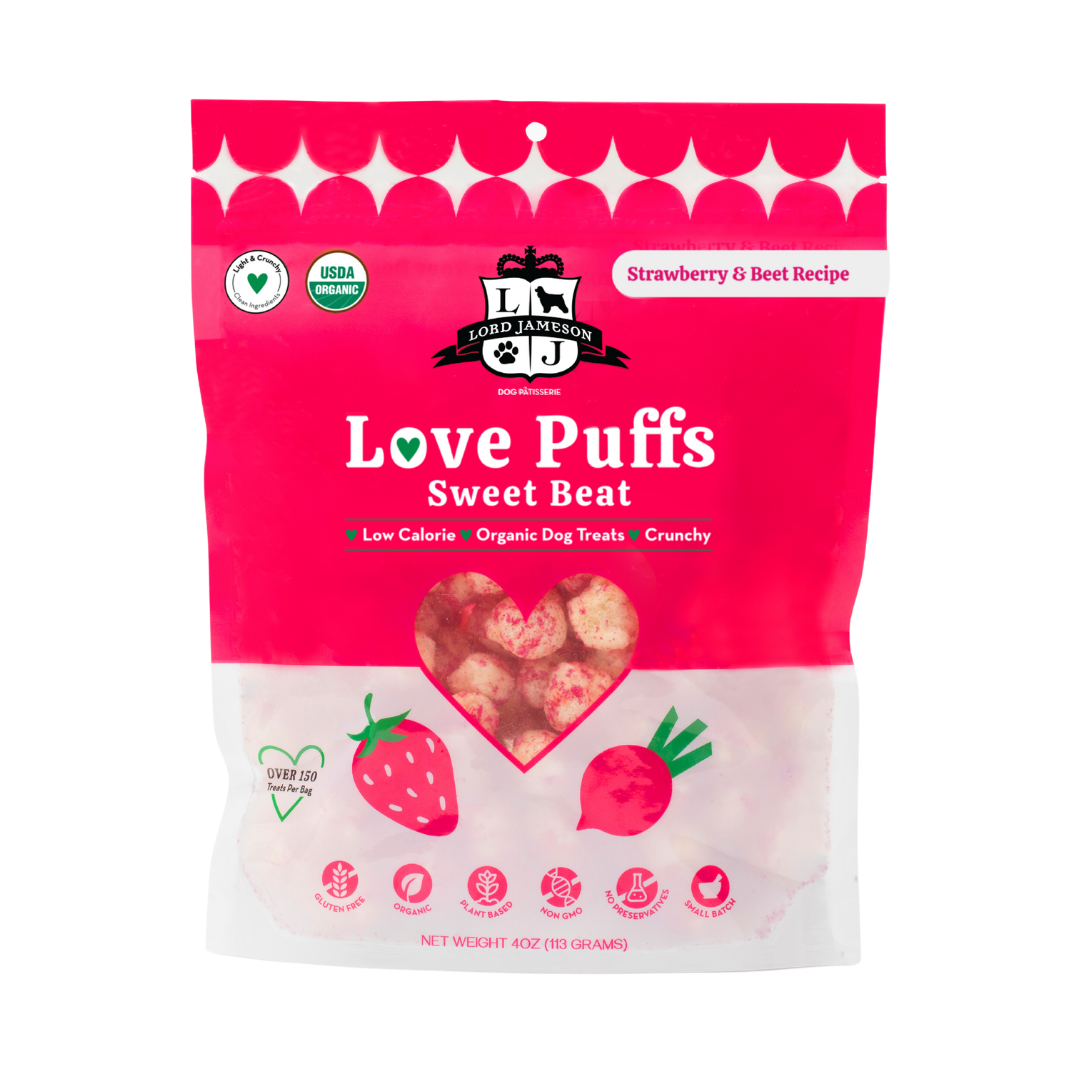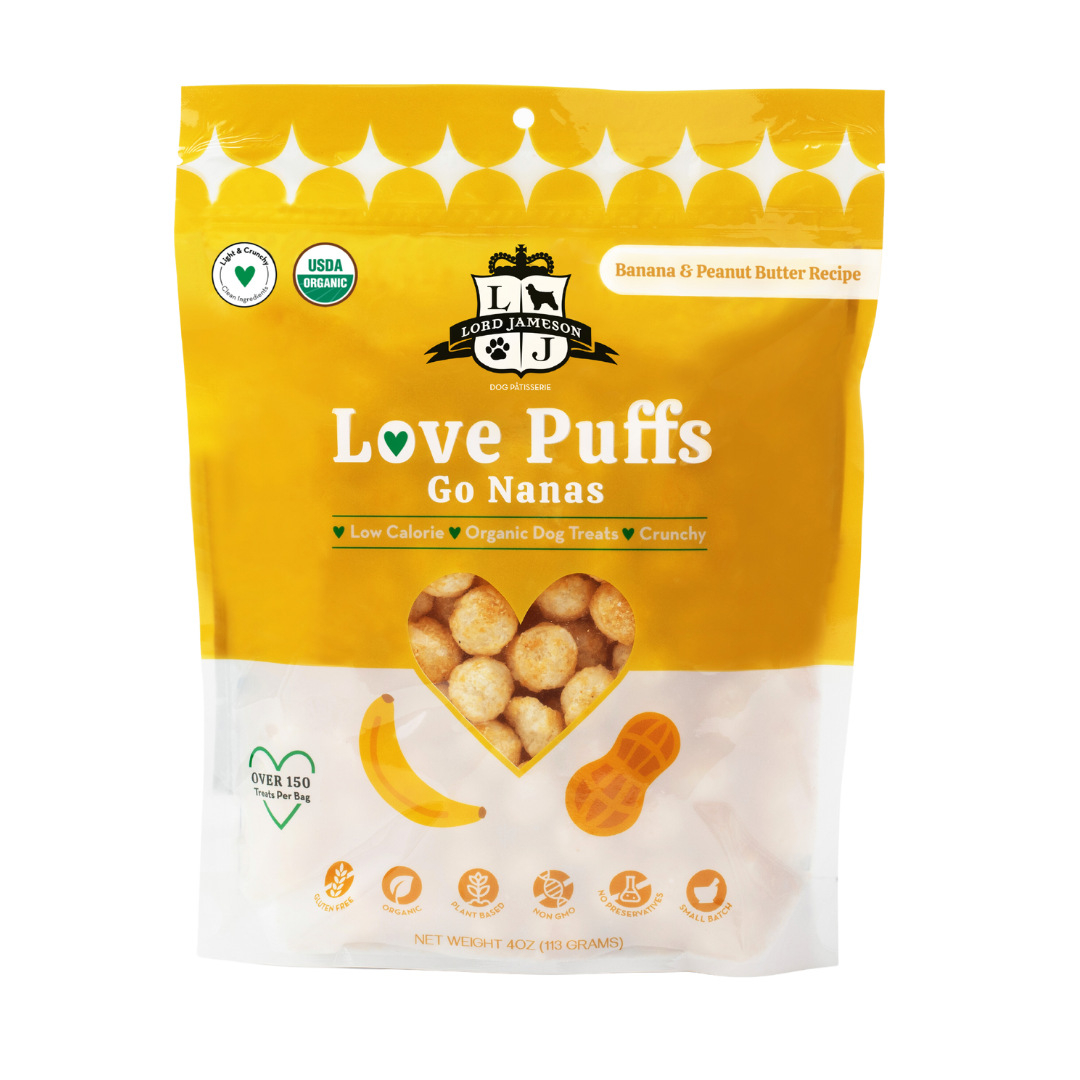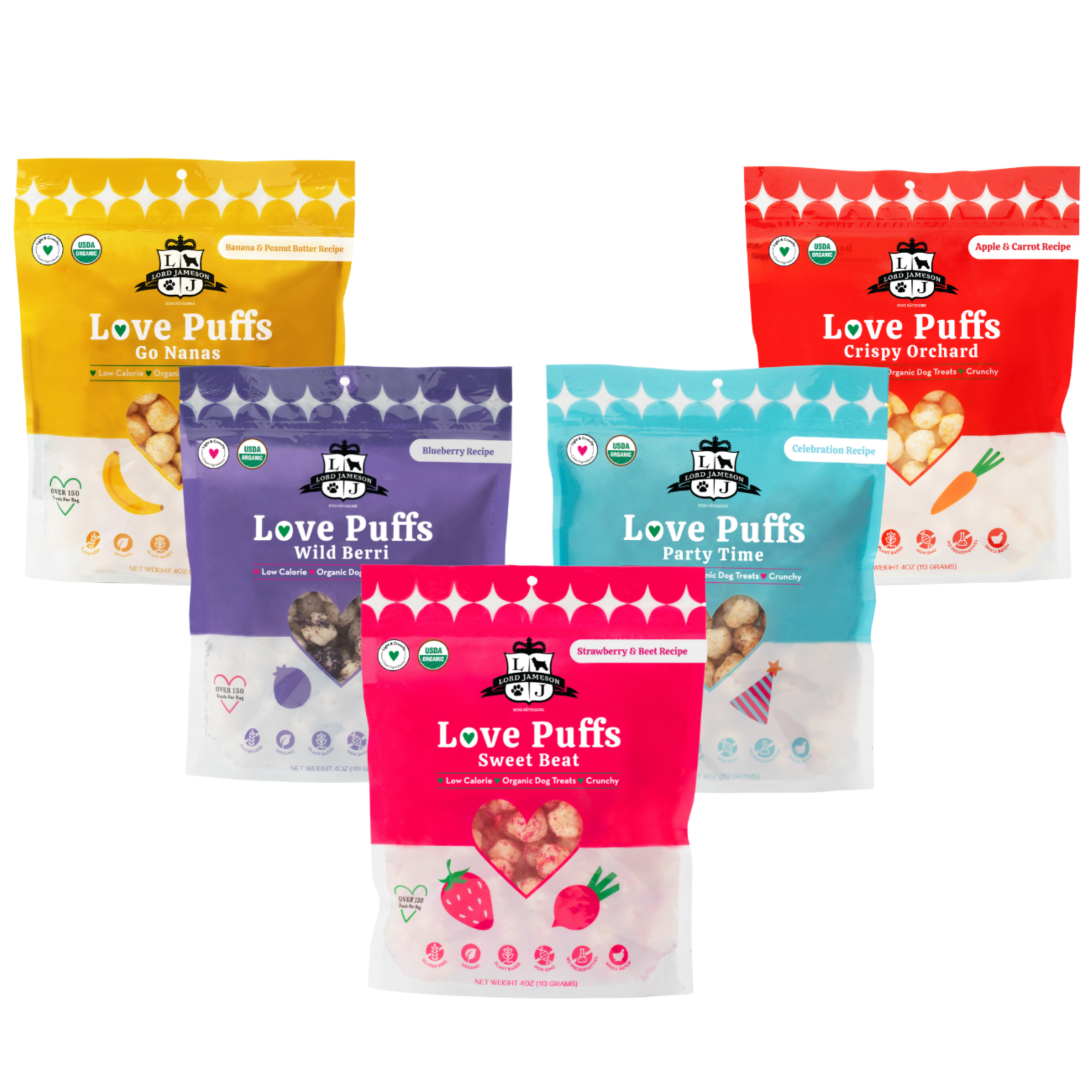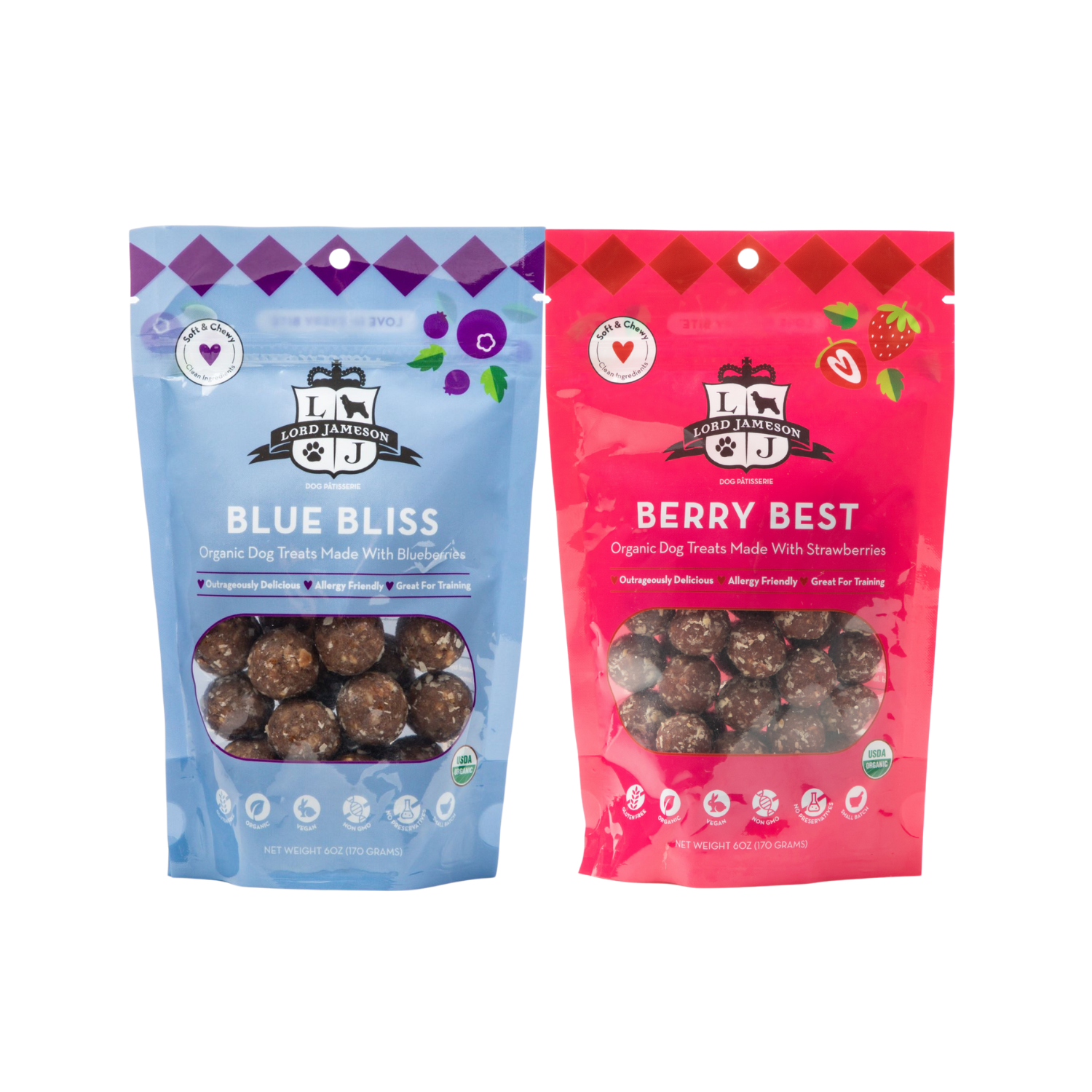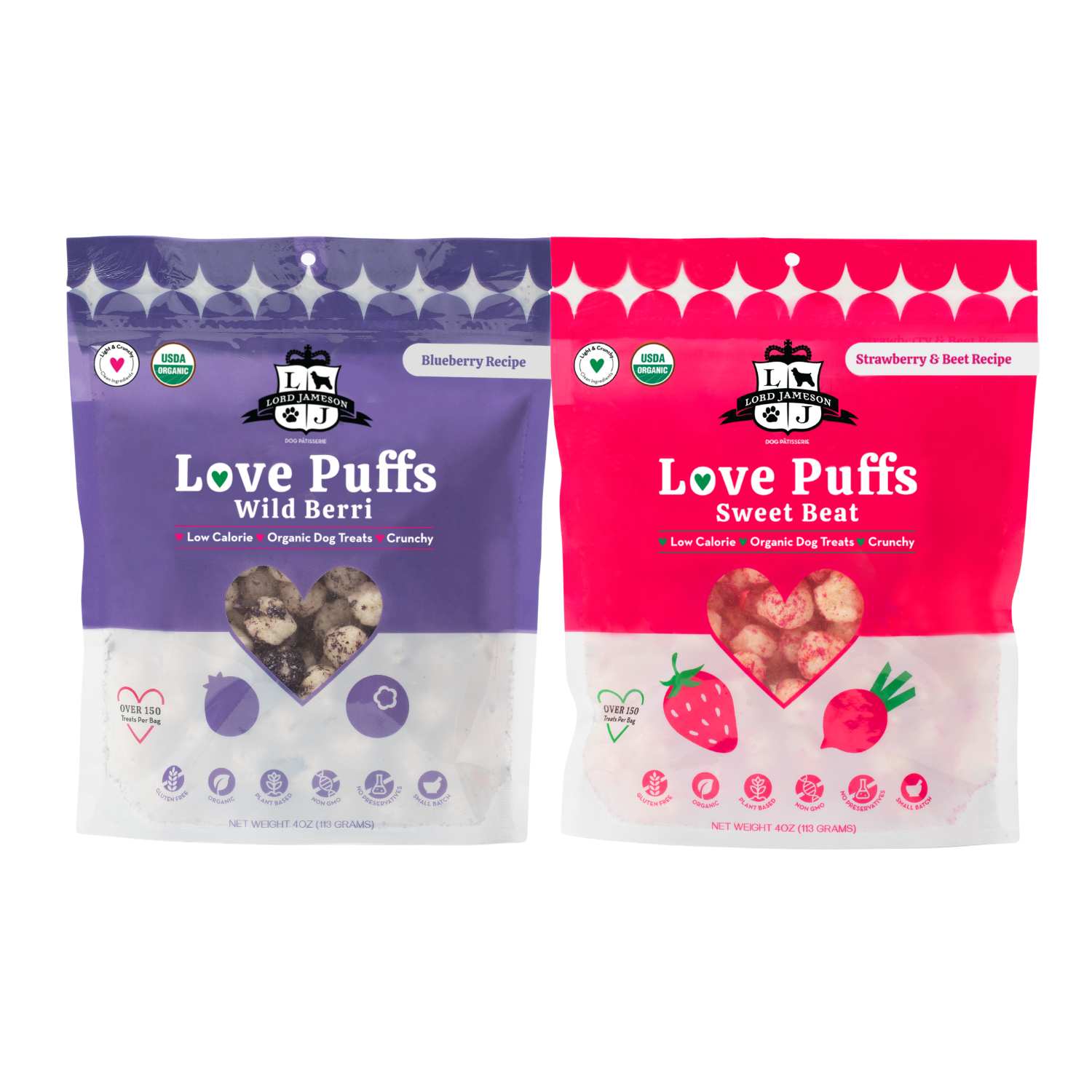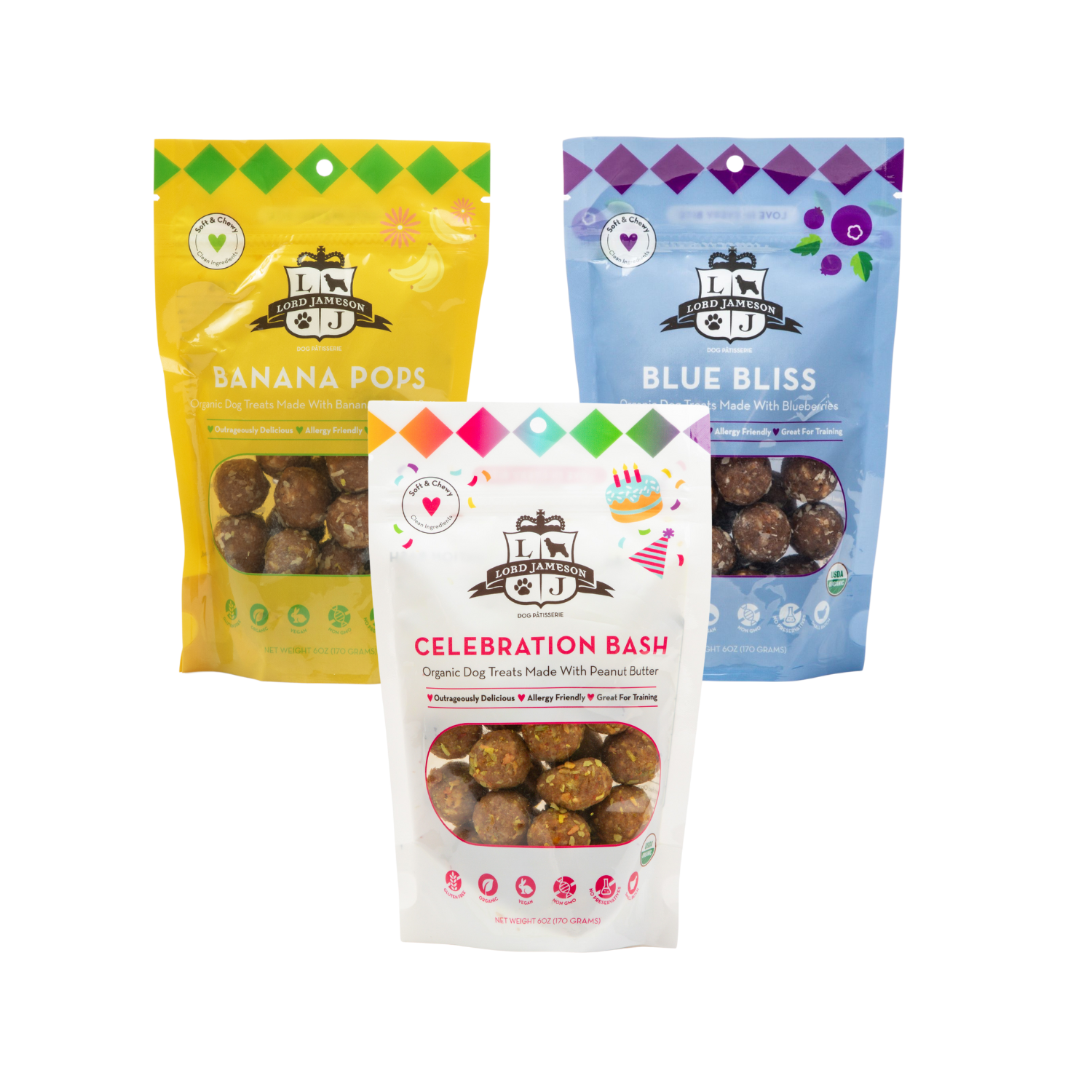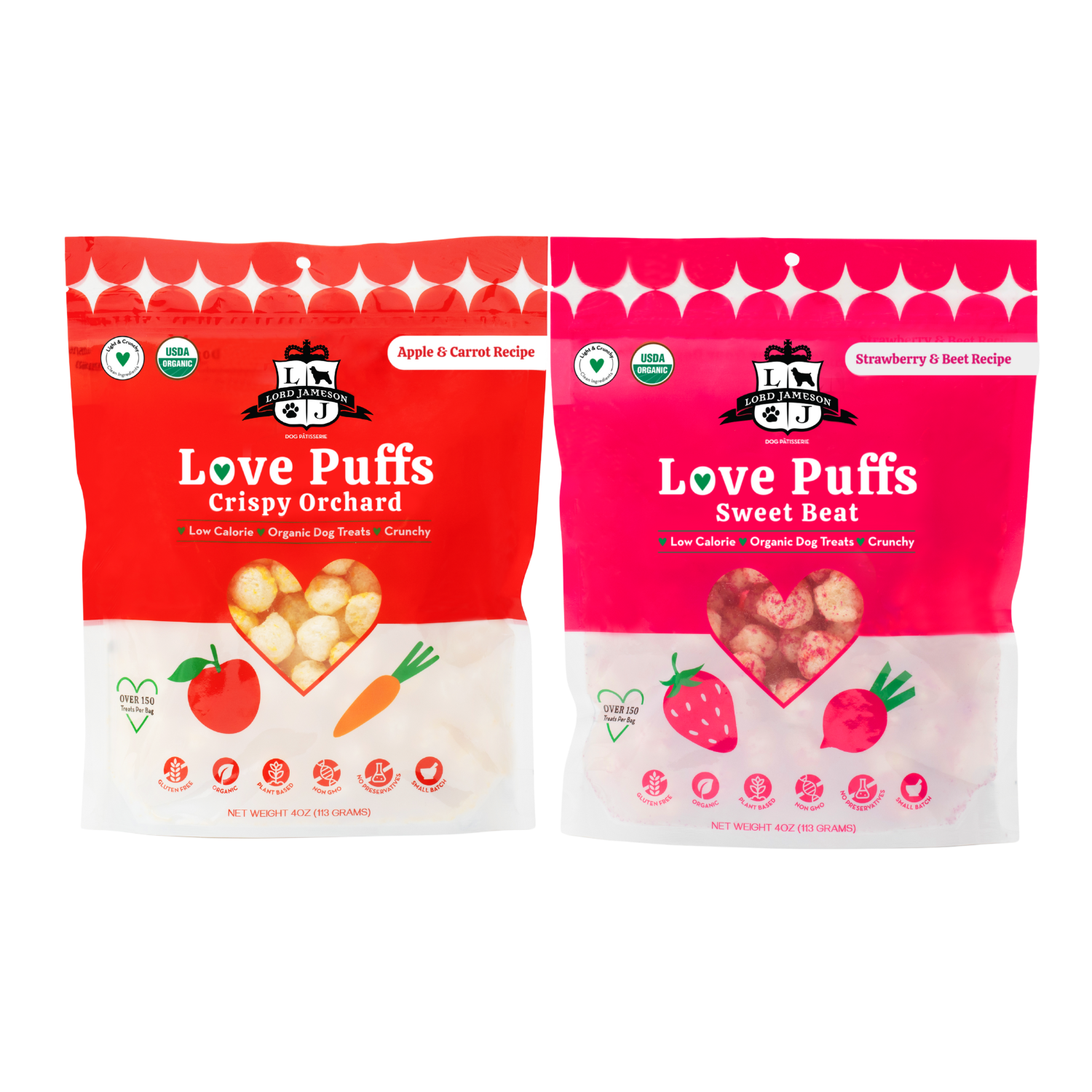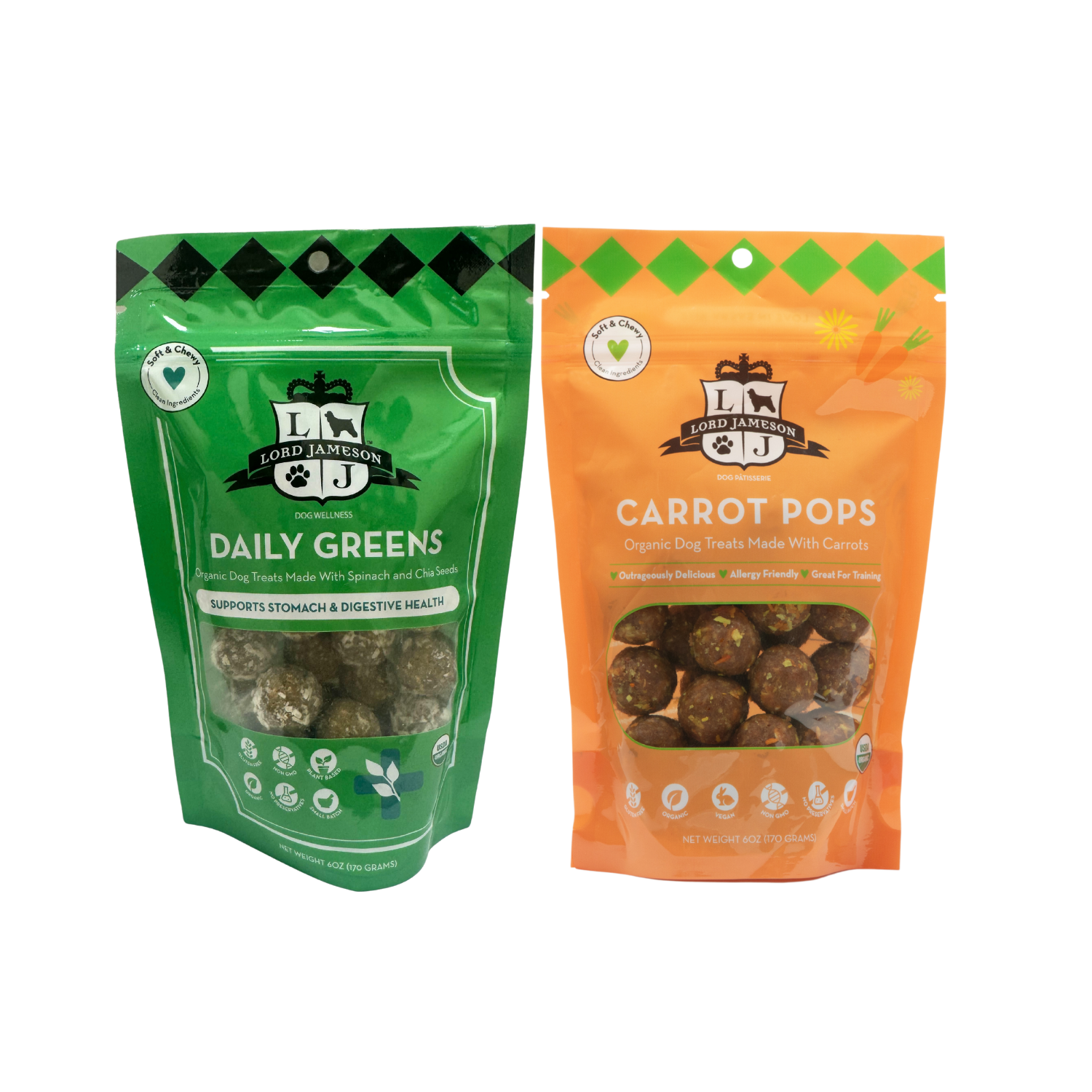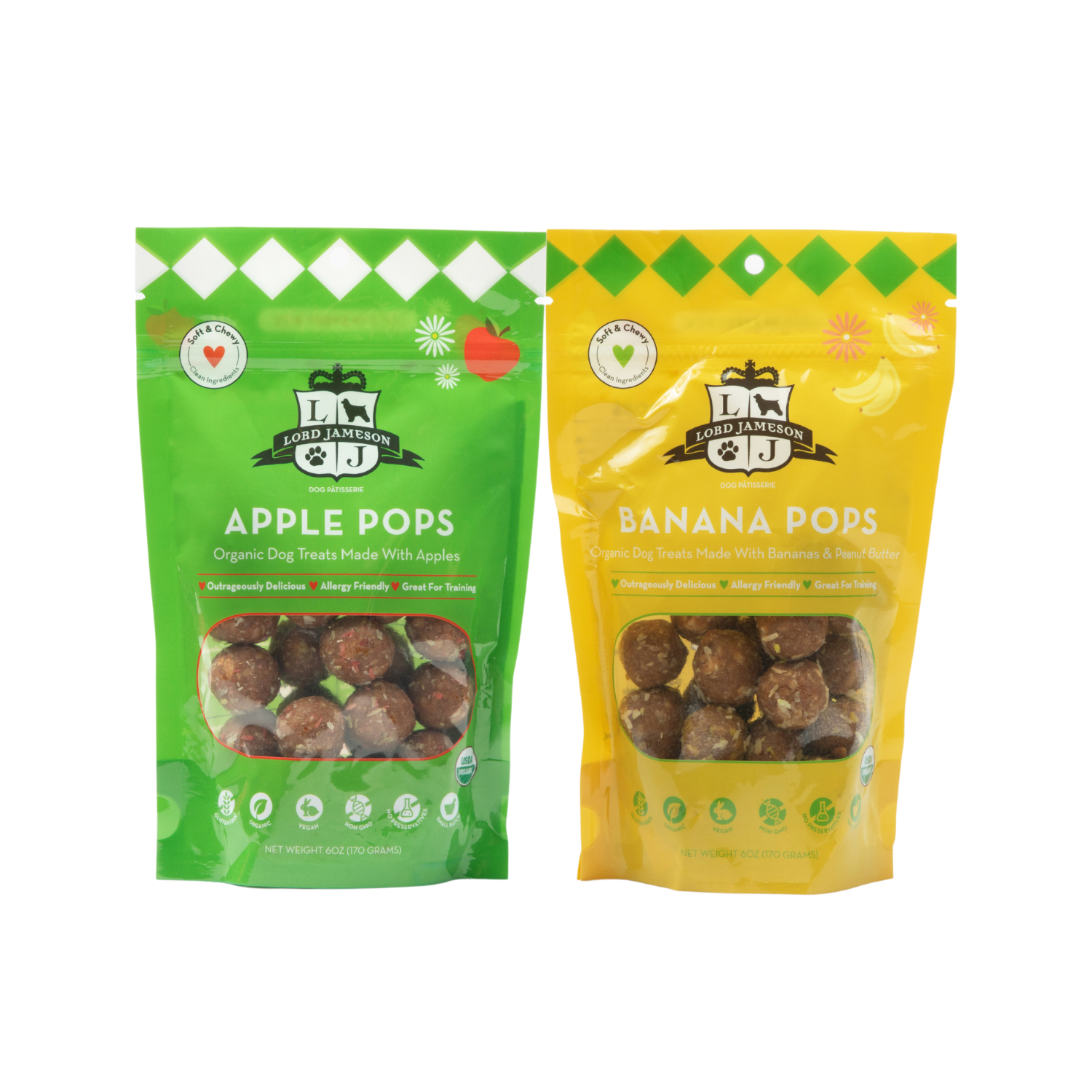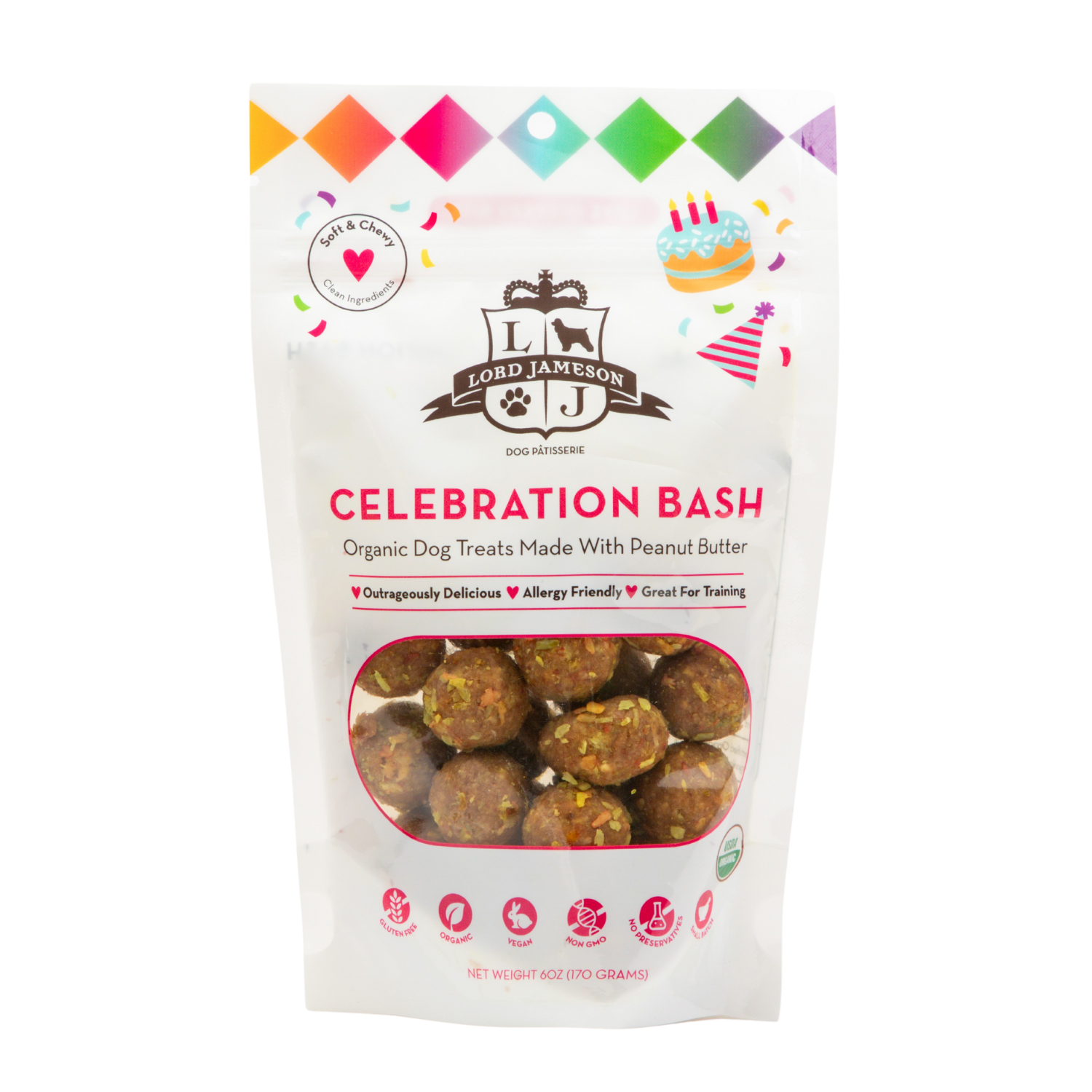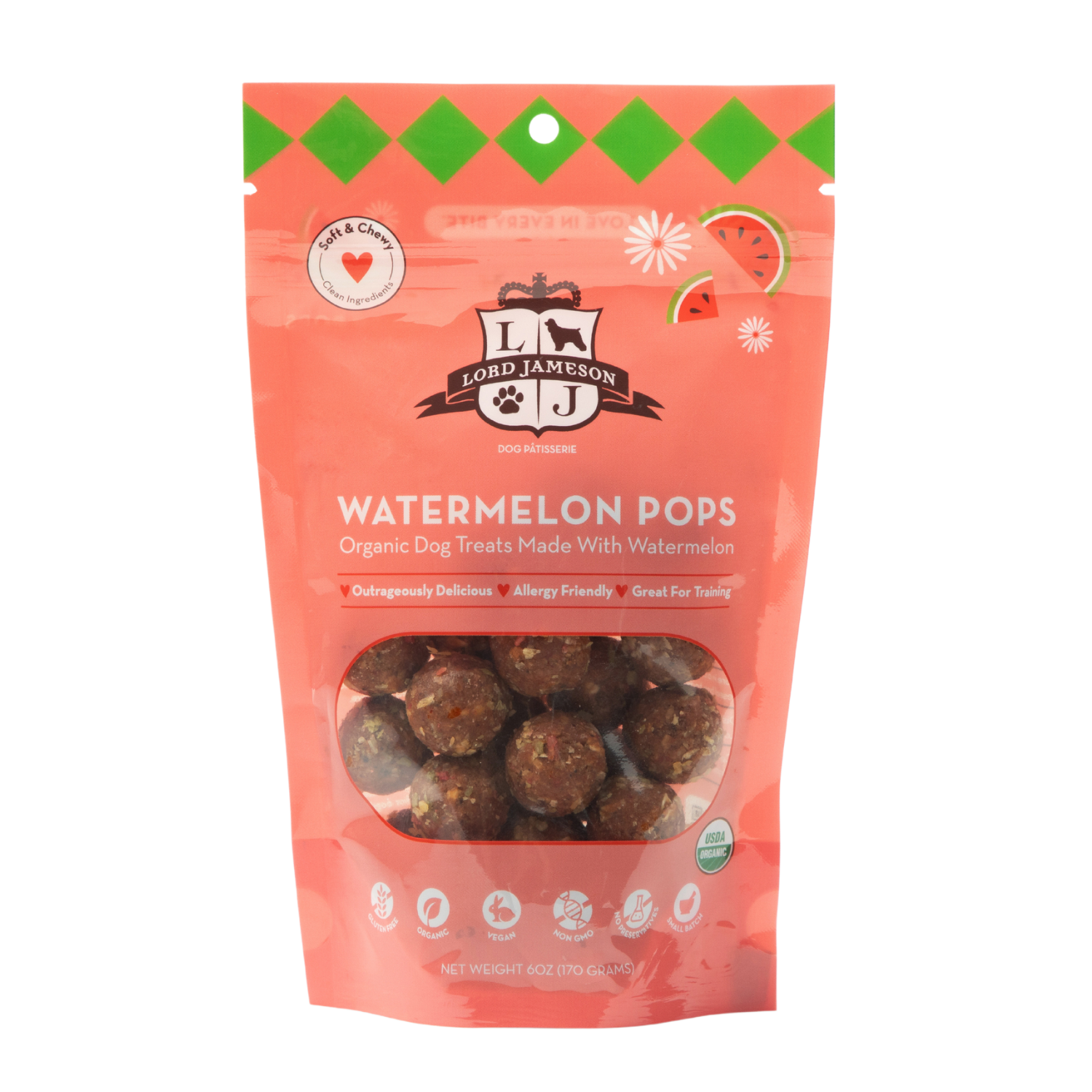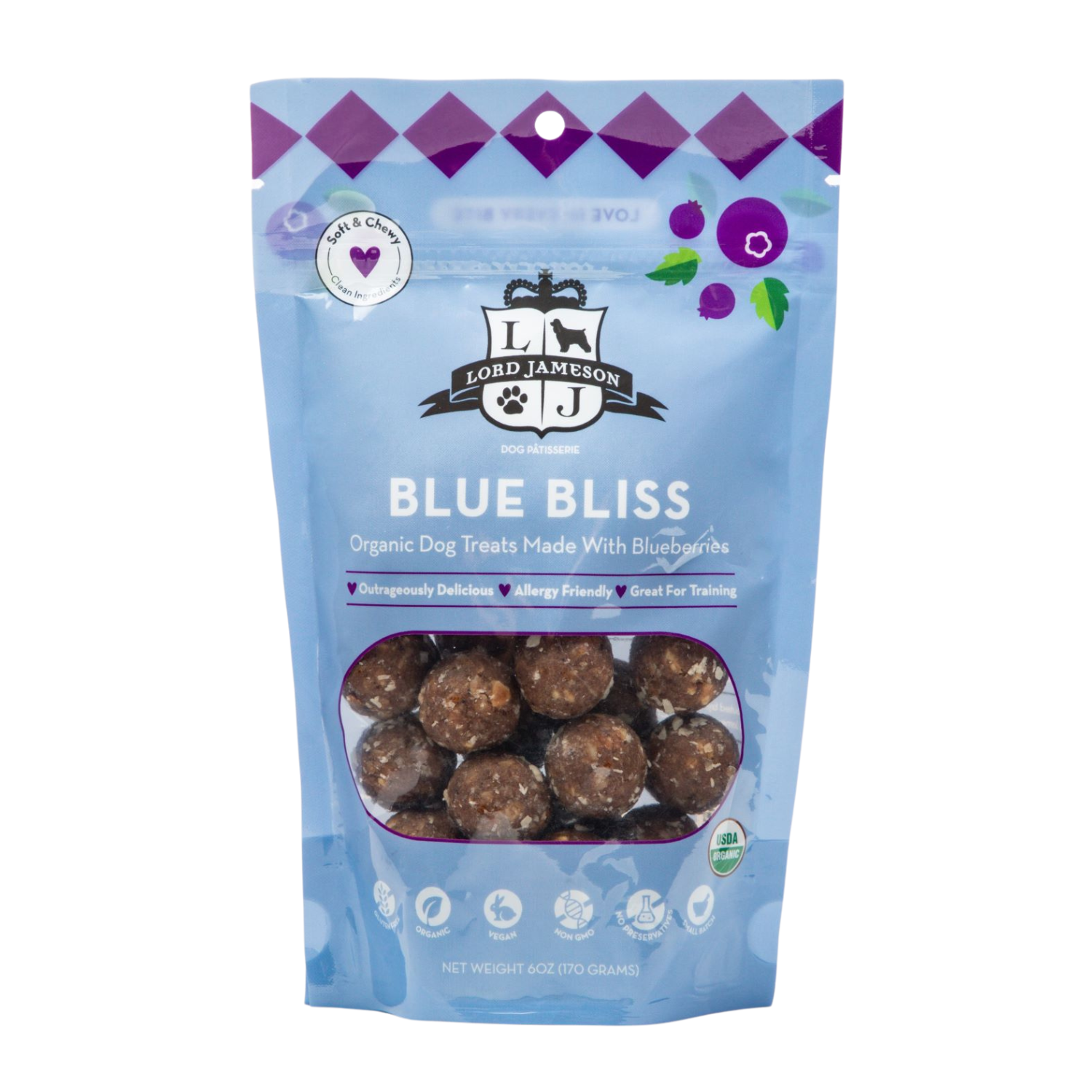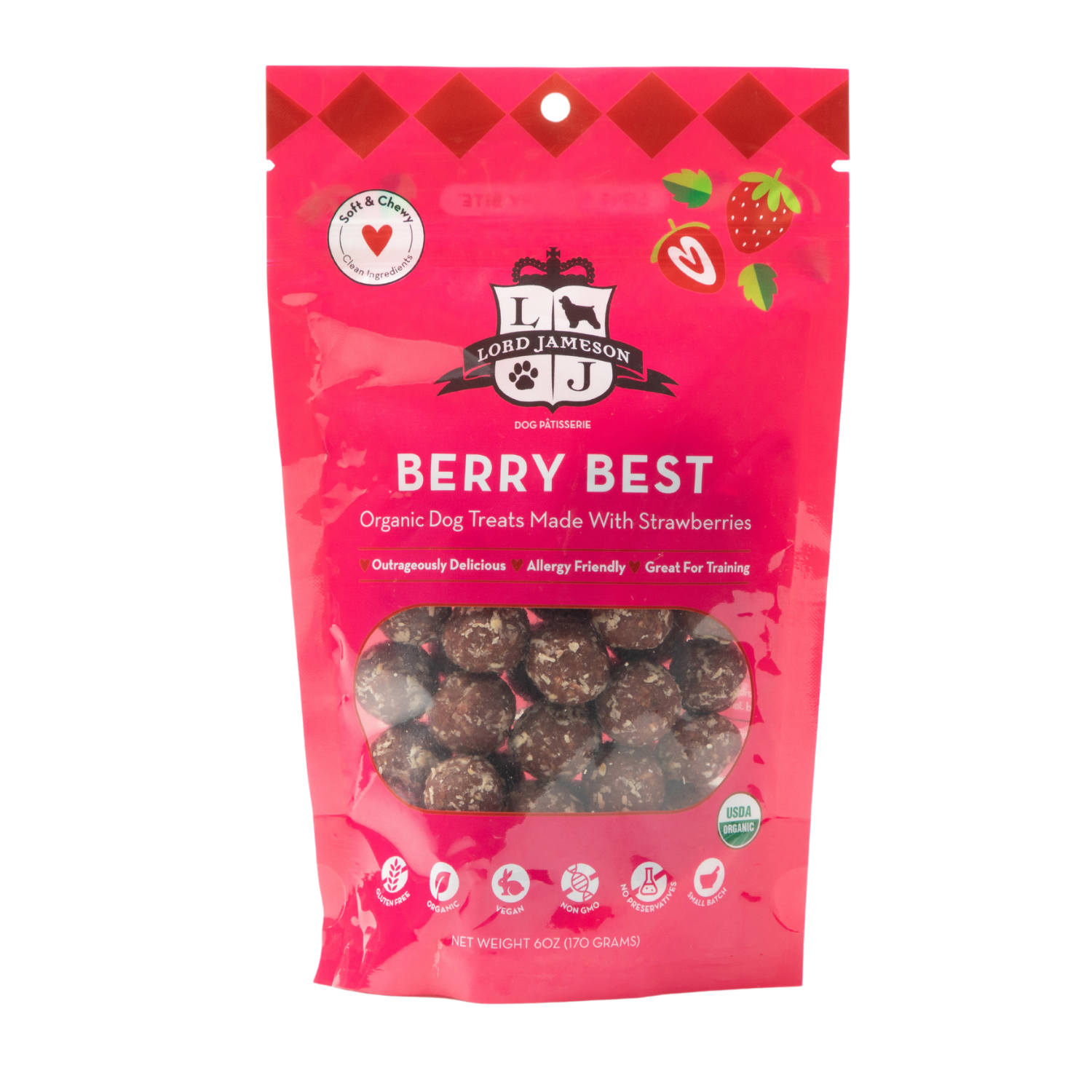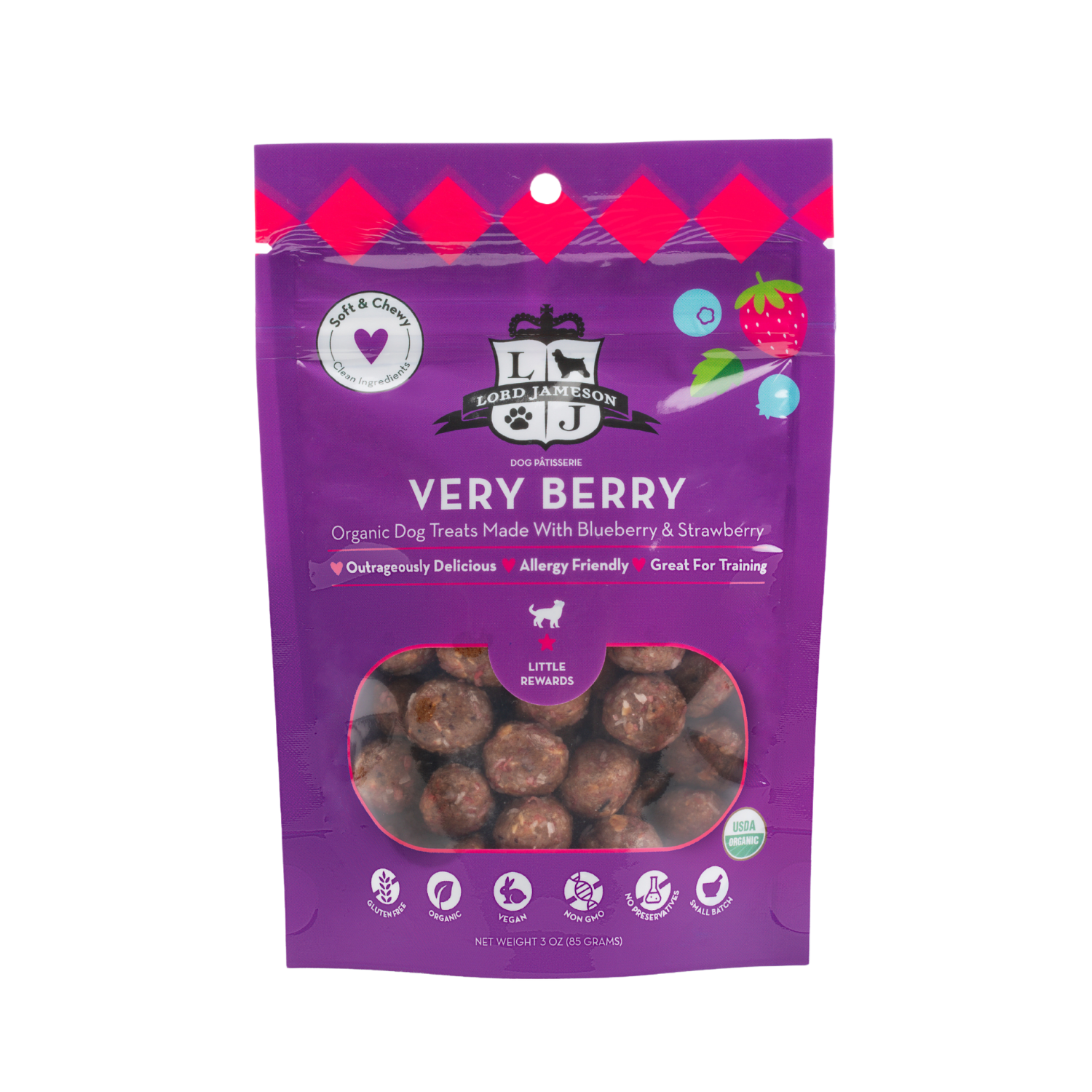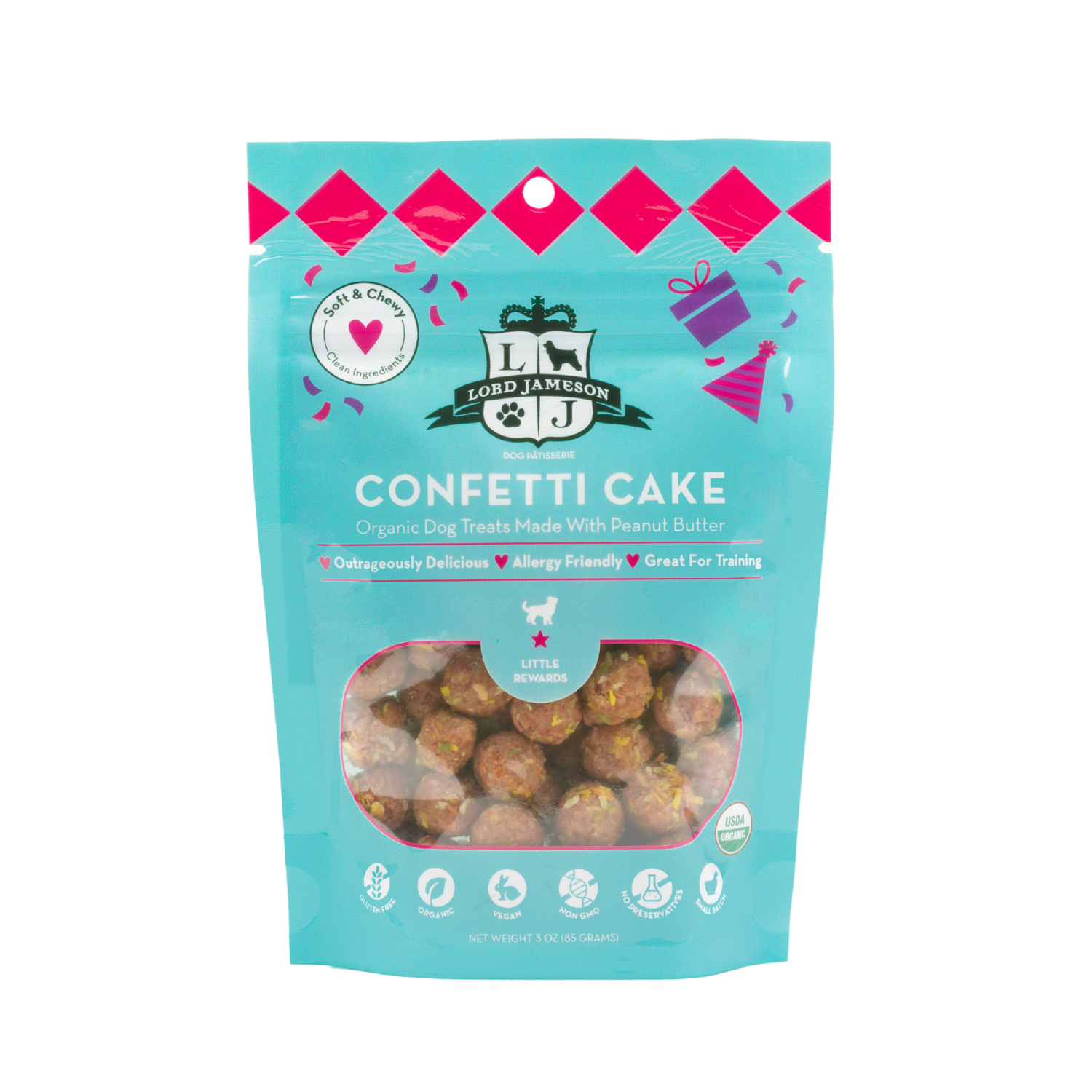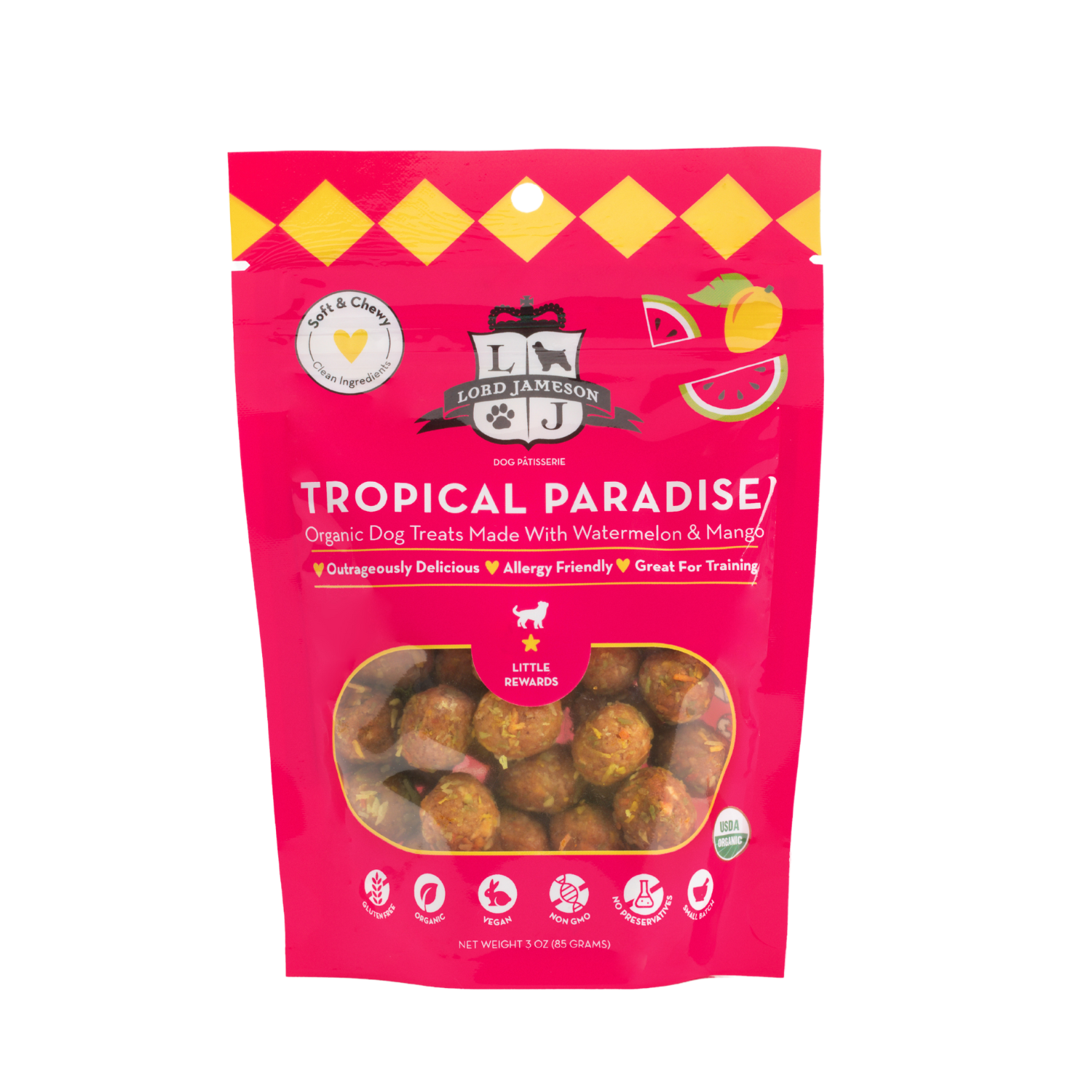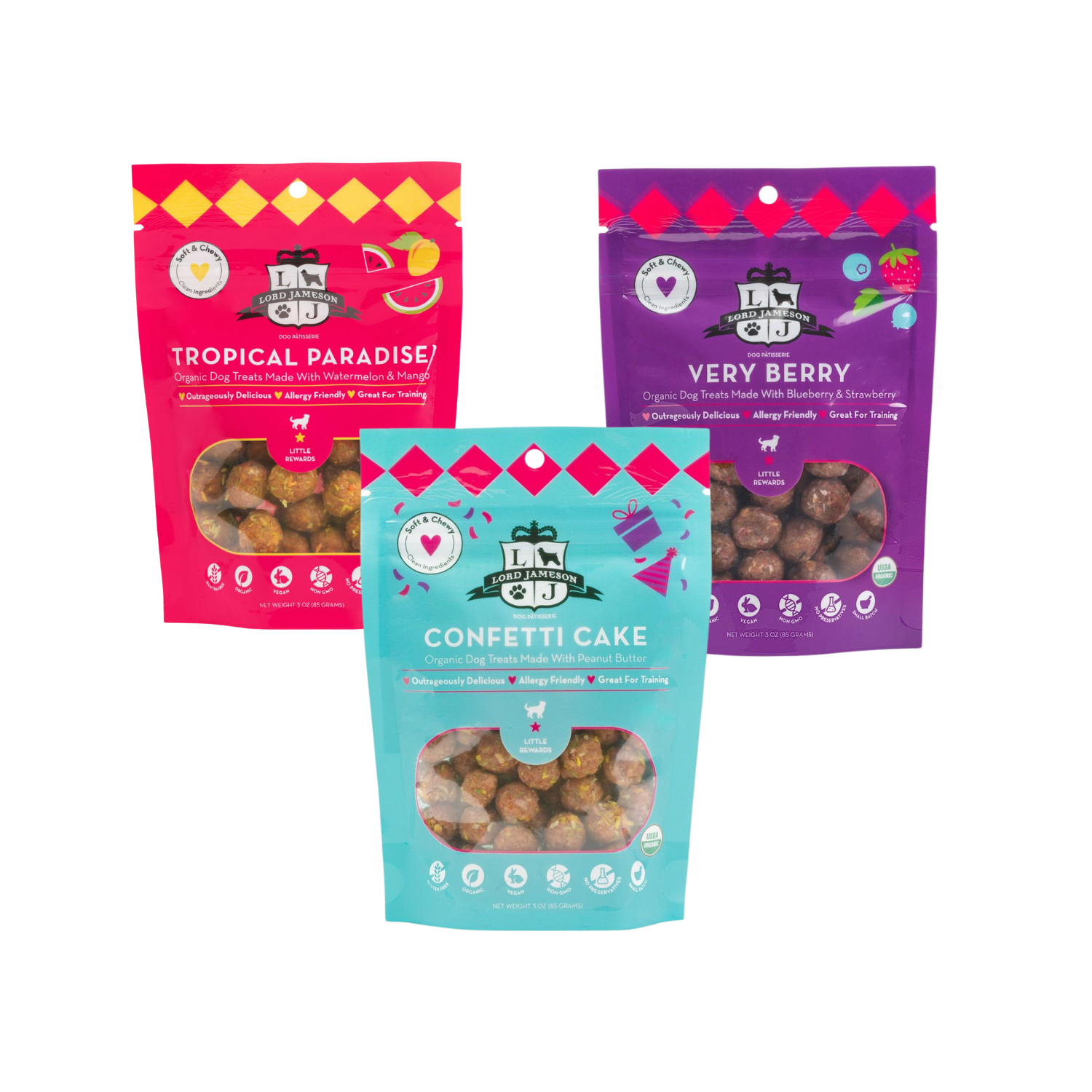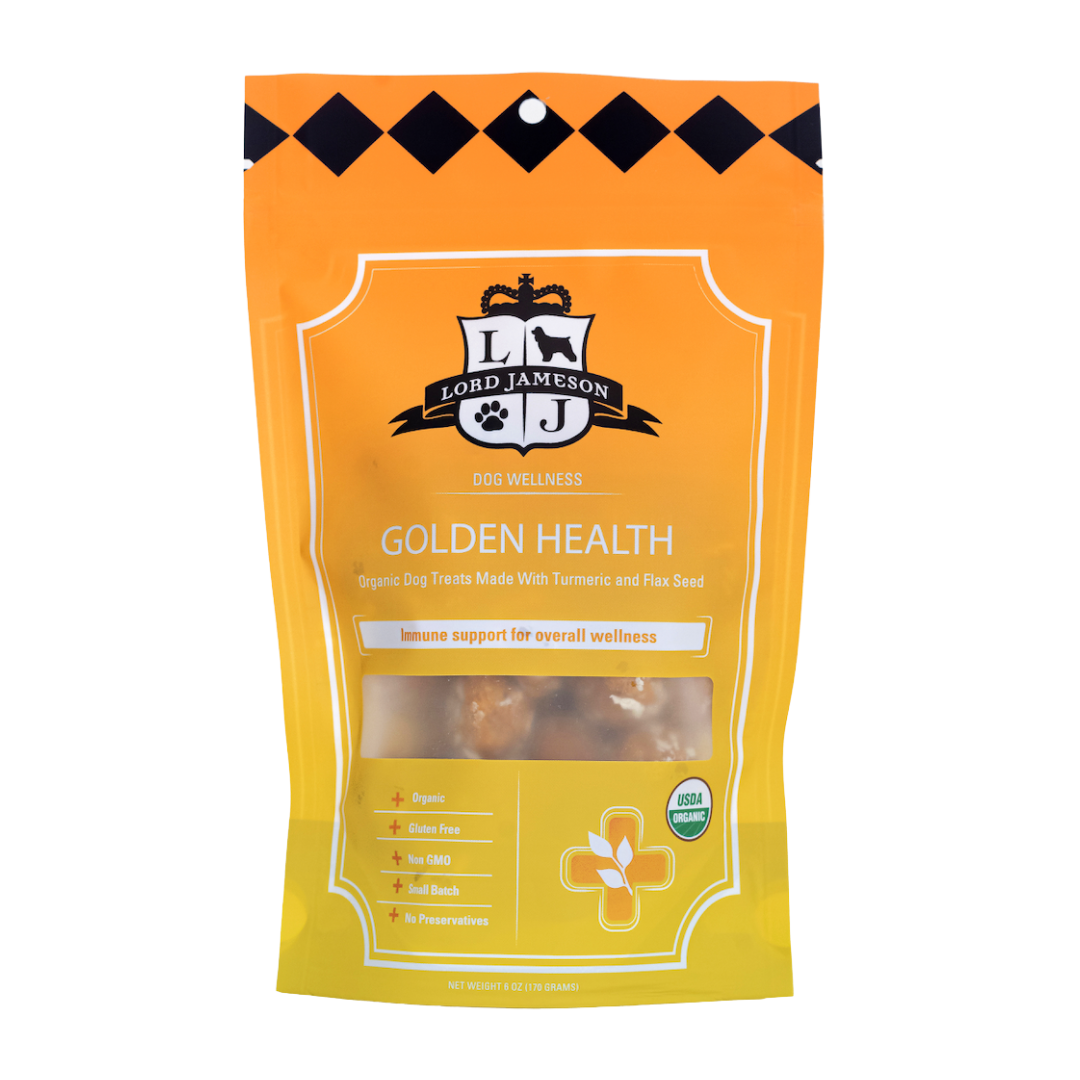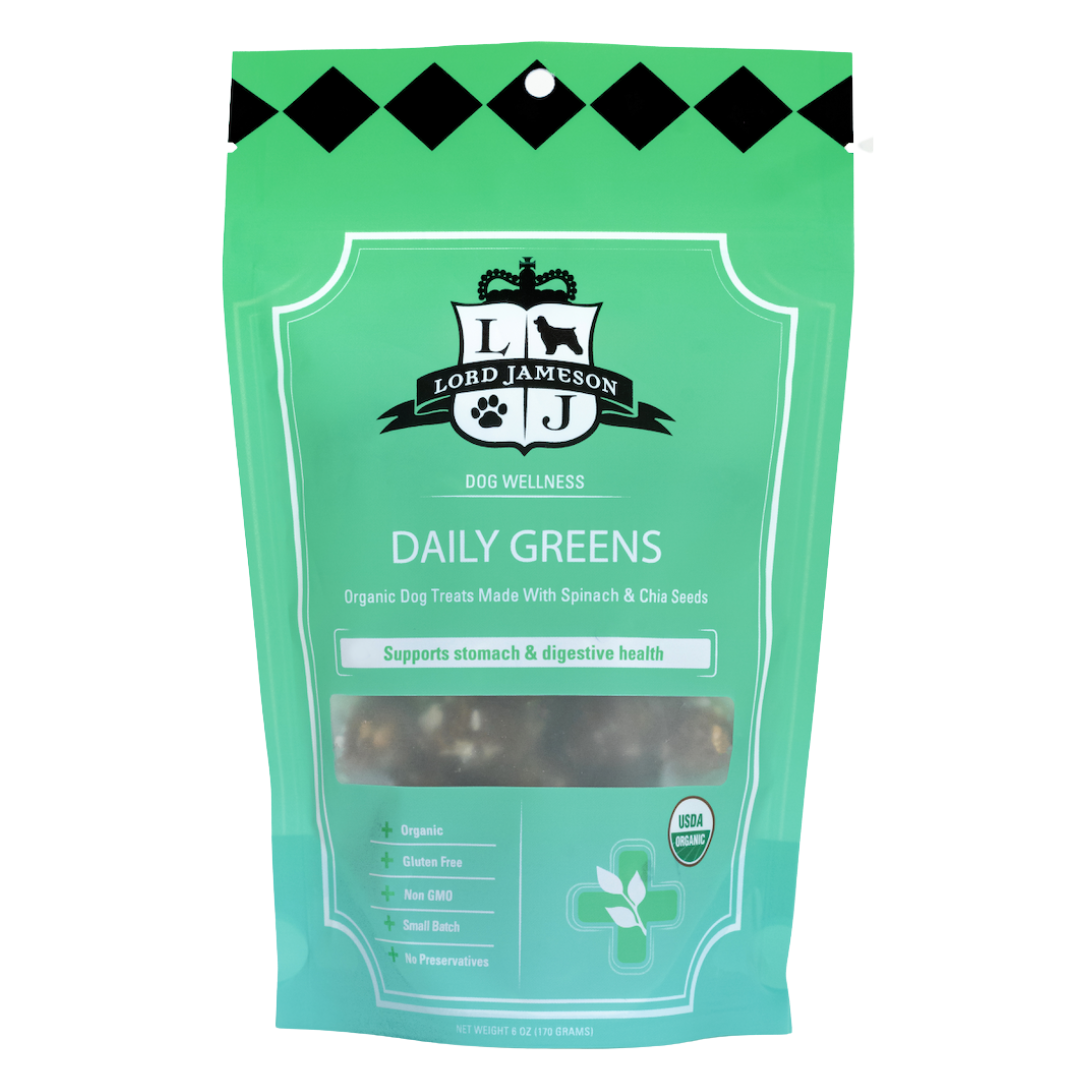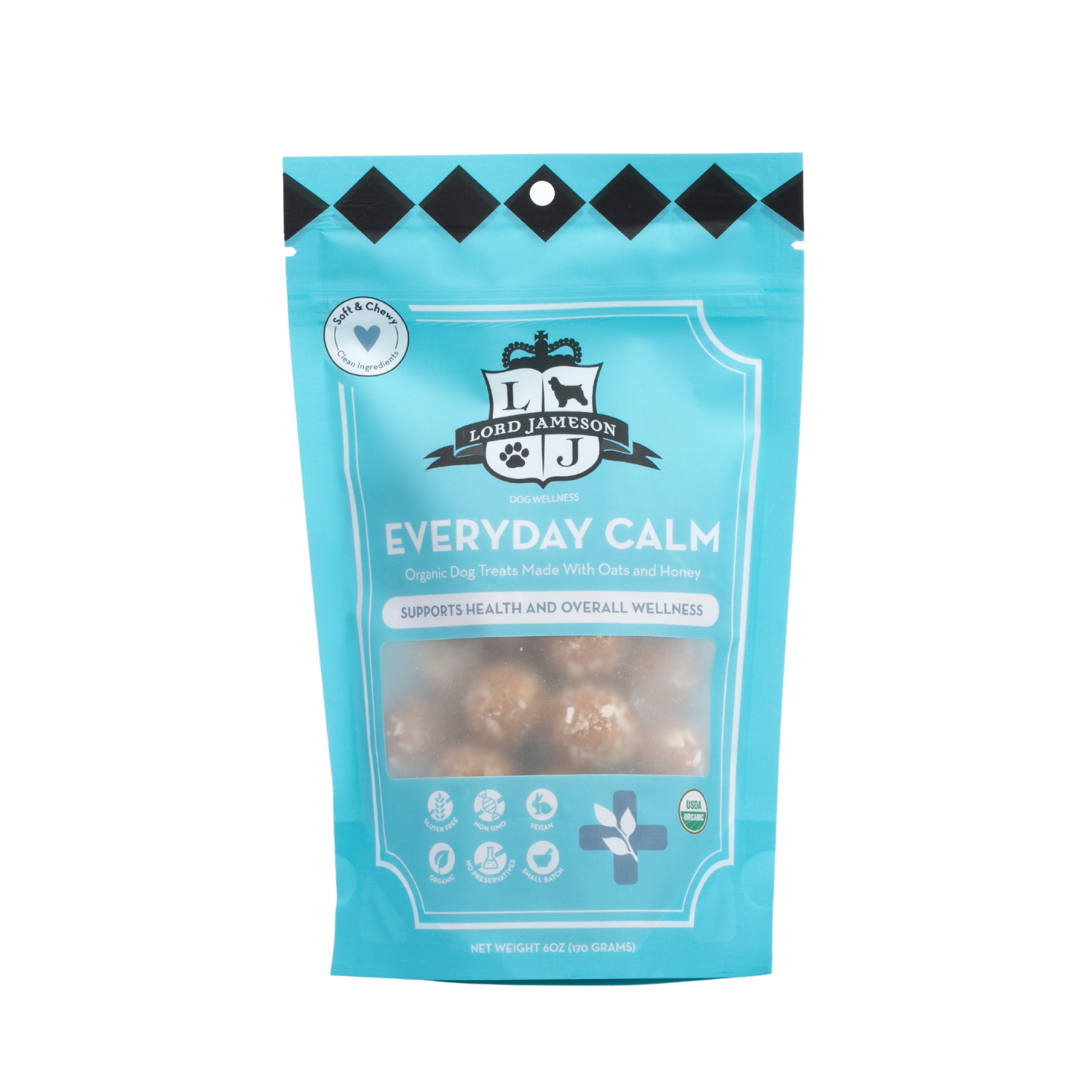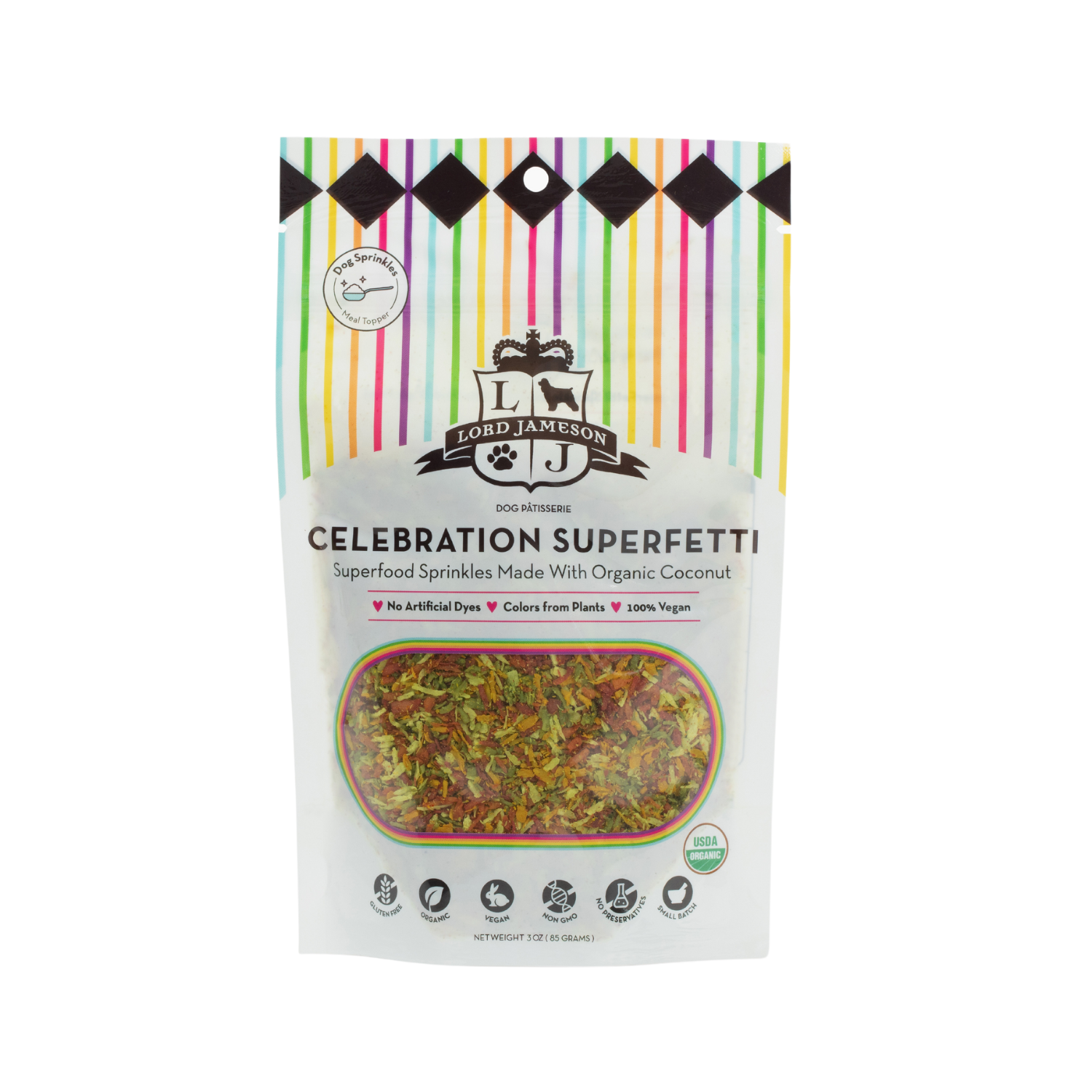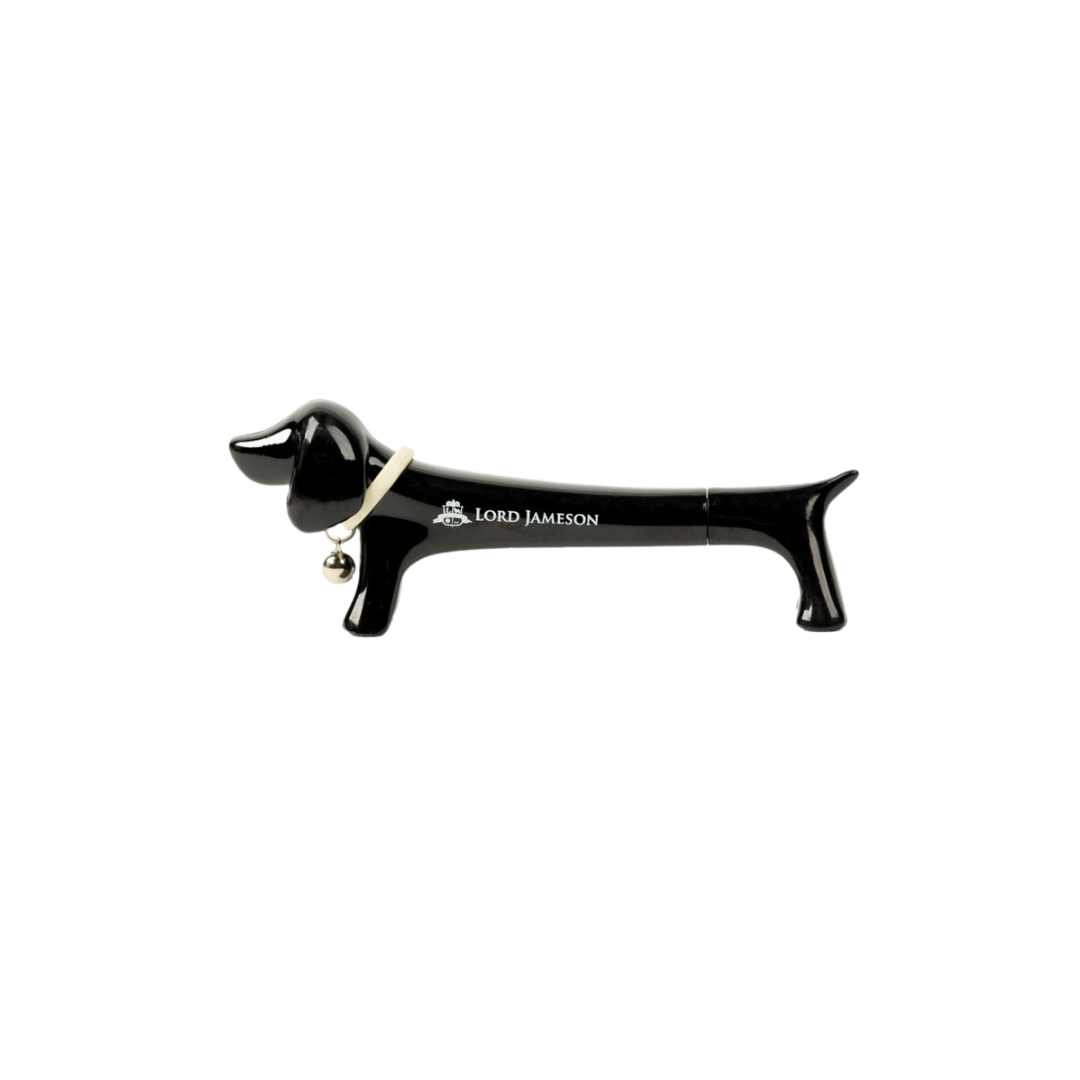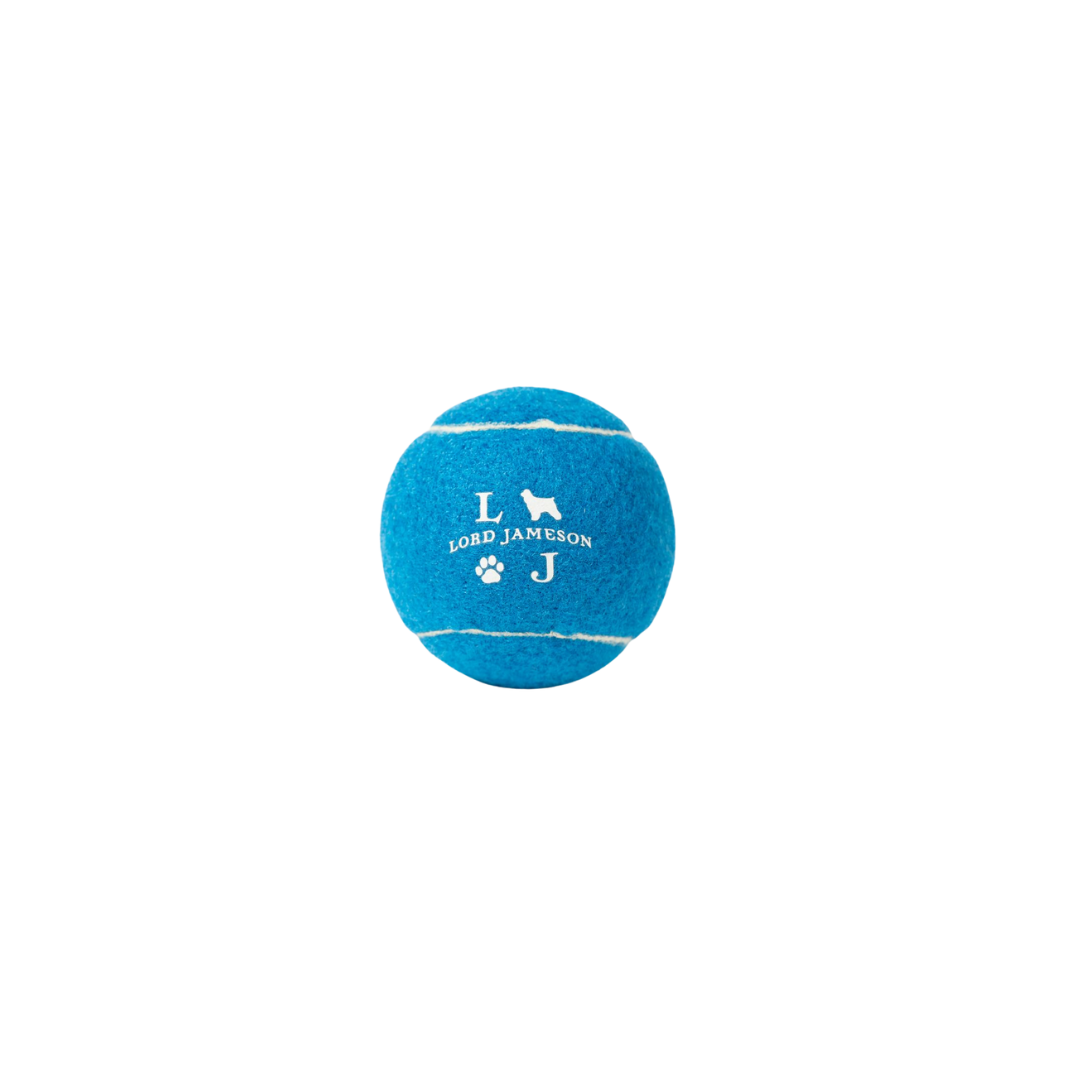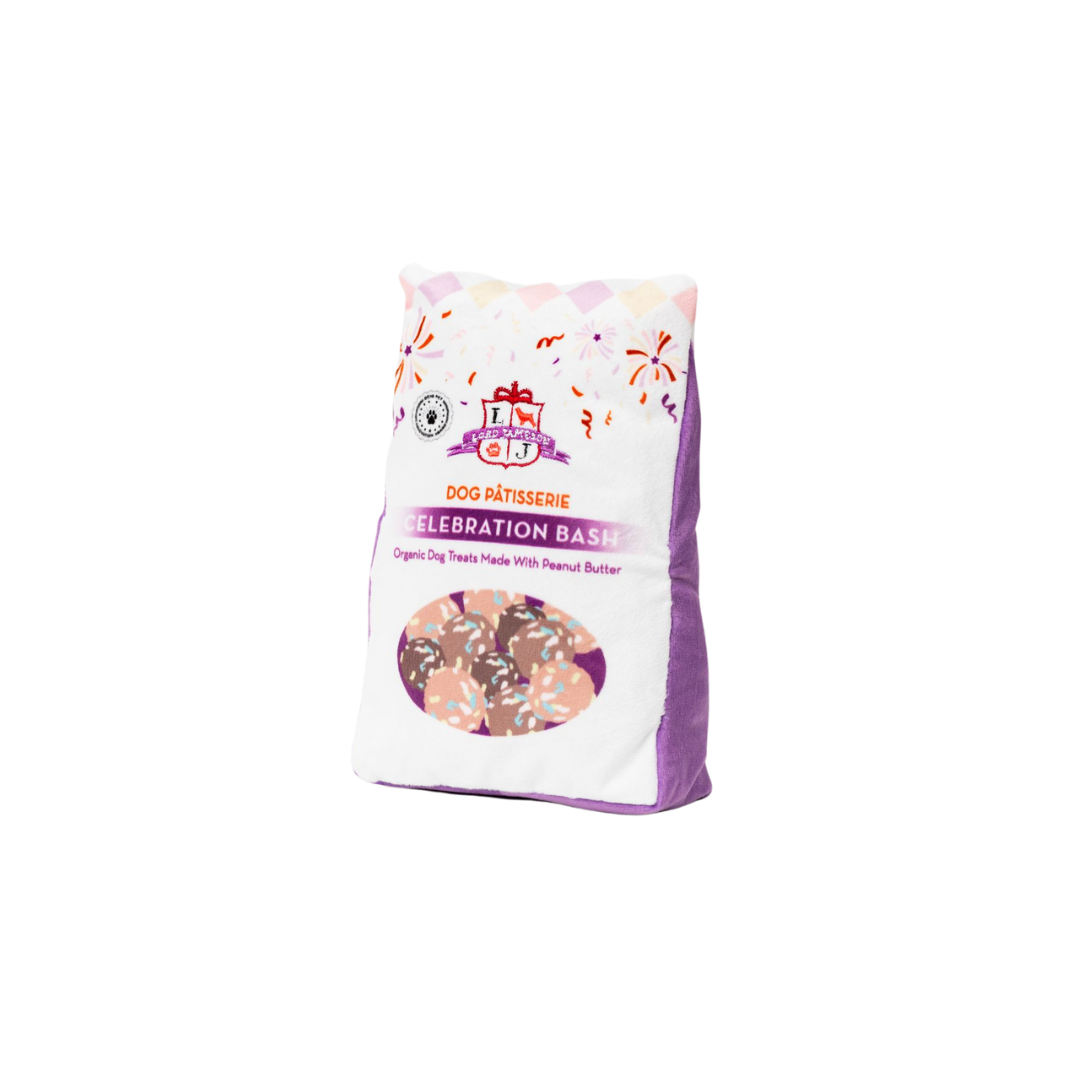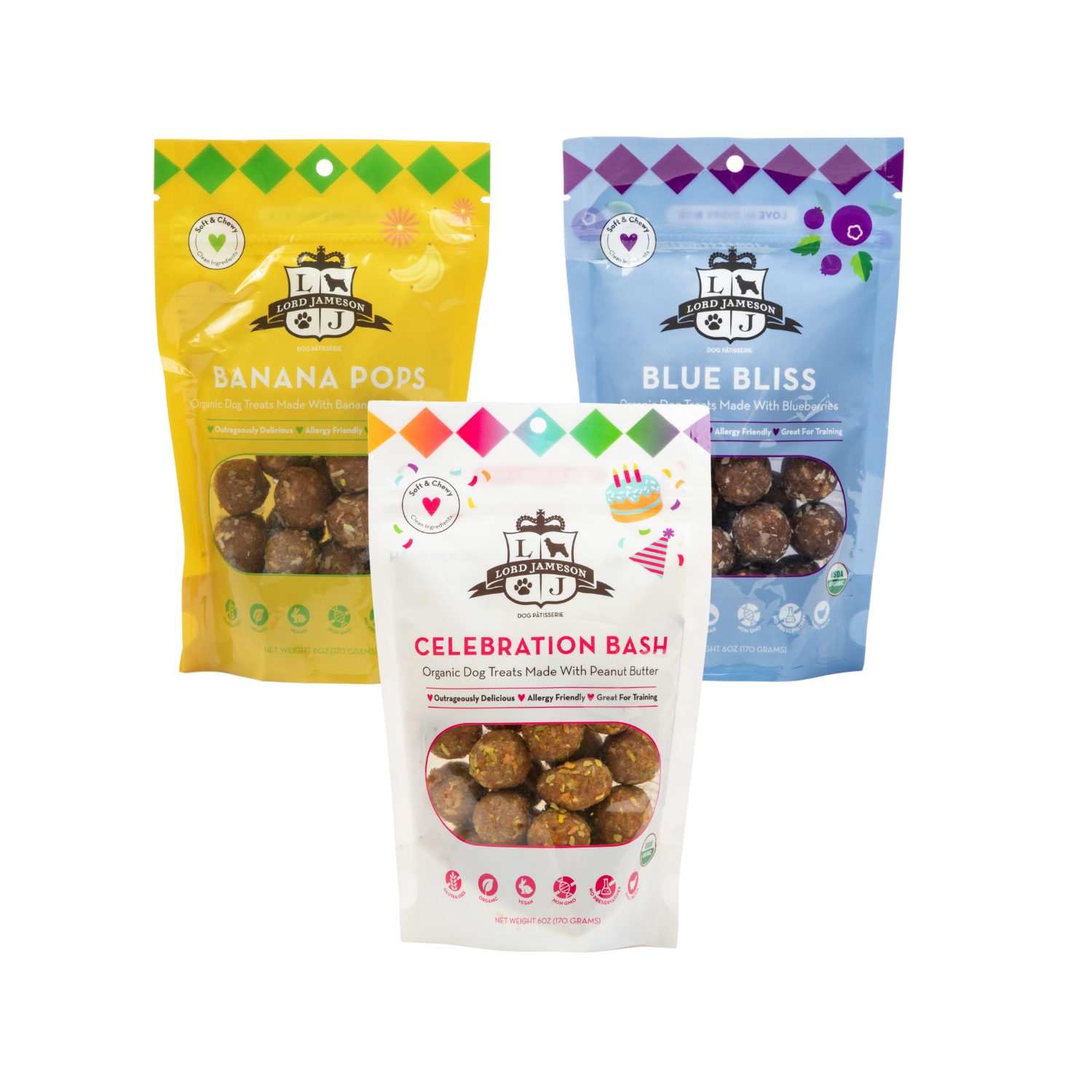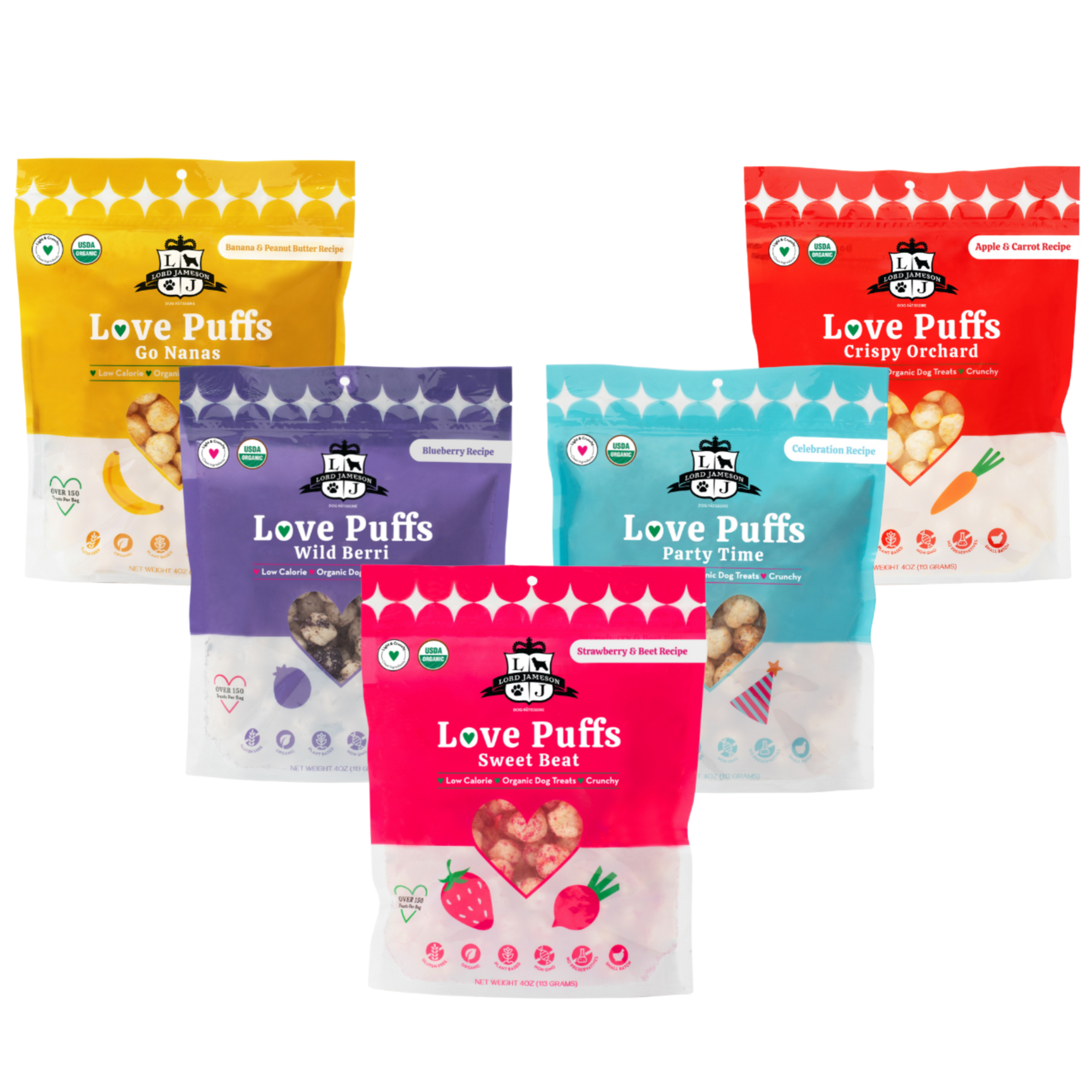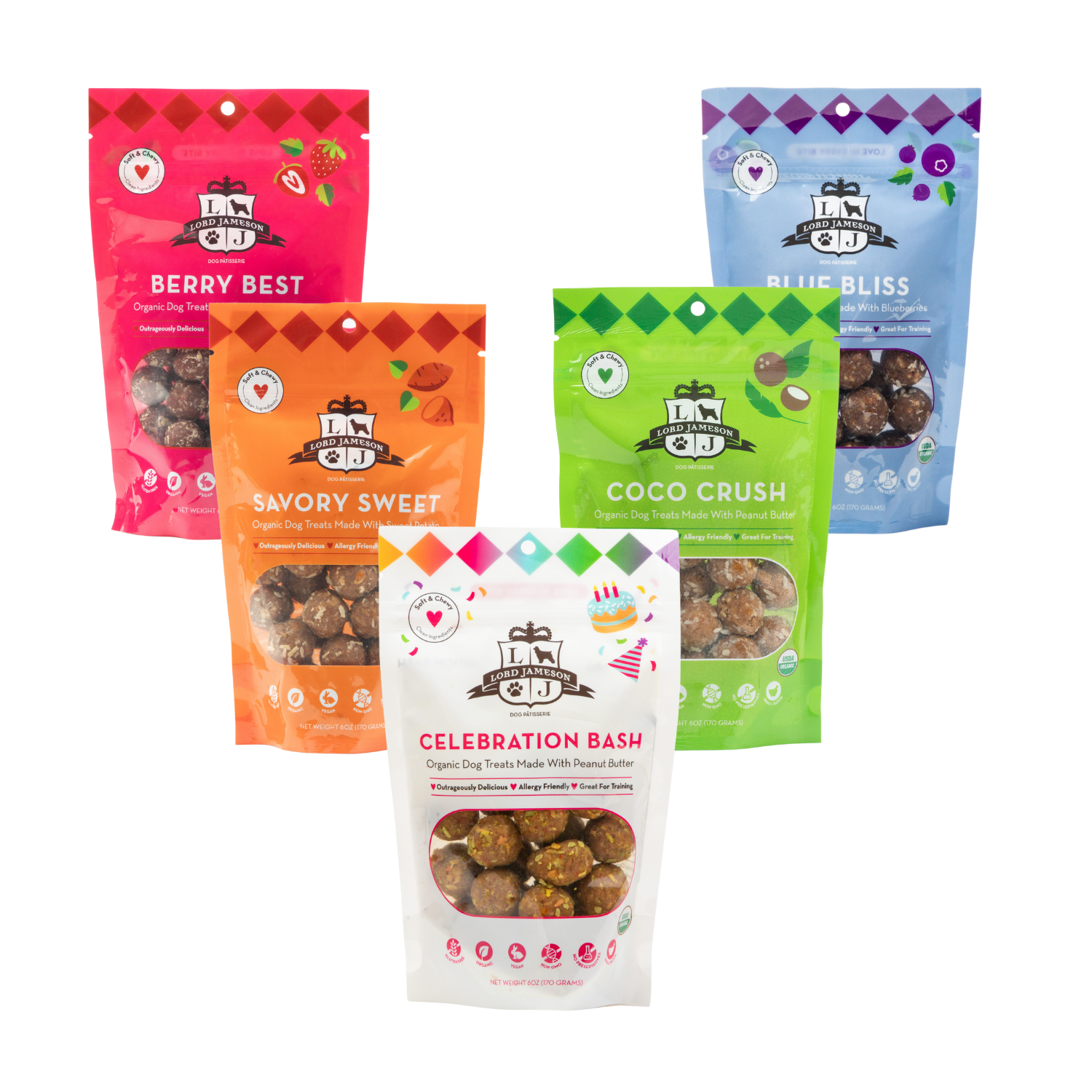
5 Foods to Include in Your Dog's Diet
5 Foods to Include in Your Dog's Diet
Have you ever walked down the food aisle of your local pet store or grocery and been amazed (or probably overwhelmed) by the variety of colorful and eye-catching bags of dog food? Different brands promise you different things, an array of benefits... Some say their food is good for your dog's liver, some brands say their food prevents cancer, some have banners that tell you it has enhanced minerals, etc. You’re there, in the middle of the aisle, with one thought on your head: what food are good for dogs?
Dogs are descended from omnivores, which means they are not confined to being meat-eaters. They are adaptable to a wide range of ingredients, textures, and forms in terms of what they eat. Though the majority adhere to an animal-based protein diet, dogs can also thrive on a vegetarian diet. Regardless of whether the protein comes from plants or animal sources, normal adult dogs should get at least 10% of their total calories from protein. Older dogs appear to require somewhat more protein to maintain their protein reserves, hence, needing 50% more protein.
As a responsible pet owner, you should be aware of the best thing to feed your dog. Deciding what human food is good for a dog is not something that should be taken lightly! Apart from the need for exercise and care for mental health, diet is the biggest contributor to your dog's wellbeing. For dogs, their diet should be a balance of five components: protein, carbohydrates, healthy fats, vitamins, and minerals. Because just like humans, our furry friends also need a lofty and big meal to keep energized enough to run around the backyard or fetch their favorite toy. The eating habits we develop in them can be the difference between a long and healthy life or programming them for a shorter one. So, without any further ado, here are 5 human foods dogs can safely eat that you can include in their diet!

5 Foods That Are Good For Dogs
1. Kelp
As soil becomes more mineral deficient and scarce, kelp provides an alternative to help us supply our canine’s mineral needs. Kelp is a natural source of amino acids. It has 25% protein with only 2% fat. This seaweed is rich in iodine, an important mineral for thyroid functioning. Furthermore, kelp also contains 60 different minerals and vitamins and 21 amino acids, making it a great ingredient to have in dog food! It also helps in keeping their metabolic health, nervous system health, digestive system health, and immunological function healthy!
2. Eggs
This breakfast is considered to be a nutritional powerhouse and is also dubbed as the most complete protein, providing our canine friends with: amino acids, vitamins A, D, E, B complex, Omega-3, antioxidants, Calcium, Selenium, and Zinc. Eggs are most beneficial for maintaining cardiovascular health and largely help in the brain and liver’s functioning. Moreover, it can also improve skin and coat health as well as promote stronger teeth and bones. For a large dog, an egg a day is good whereas, for smaller dogs, half an egg will suffice!
3. Organ meat
Organs and glands, which include liver, kidneys, adrenal glands, pancreas, brain, stomach (tripe), and heart, are nutrient-dense. Articles mention that organ meat contains significantly more vitamins, minerals, and other valuable nutrients than lean muscle meat. Aside from that, it is premium quality protein and fat, and organ meats are plentiful sources of vitamins A, B, D, and E, as well as minerals like copper, iron, phosphorus, selenium, and zinc. All of these are essential for the health of your canine.
4. Bone broth
A mineral-rich stock made by boiling bones along with dog-friendly herbs and spices for over a day. Veterinarian Judy Morgan says, “It is a strong rejuvenating potion high in minerals, amino acids, glucosamine, and many more valuable nutrients. It can be served alone or mixed with meals.”
Being such a versatile type of food, bone broth also presents an array of benefits for our furry best friends, like:
- Improving digestion through assisting in the breakdown of proteins and fats from food, making for easier to digest.
- Detoxing the liver through the production of glutathione, a powerful detoxifier. Since the liver filters through a ton of toxins because of the food ingested, it’s important to also detoxify it and flush out chemicals, hormones, and waste.
- Reduces inflammation because bone broth is rich in Glycine and Proline. (Both have powerful anti-inflammatories!)
- Alleviates joint pain
- Strengthens bones, joints, muscles, tendons, and ligaments. Glycine is important for building muscle strength! It prevents the breakdown of proteins in muscle tissue and preserves it which helps prevent atrophy in aging dogs.
5. Turmeric
This plant is part of the ginger family and is found to be used in Asian cuisine (it's also one of our favorite ingredients!) Turmeric adds color and flavor to dishes but it is also edible and has amazing health benefits for dogs. Turmeric has a component called curcumin that has anti-inflammatory, antiviral, antioxidant, wound healing, and anticancer activities. For humans and dogs, it can help fight diseases such as diabetes, cancer, gastrointestinal issues, and more. The long list of health benefits of Turmeric is promising which is why more and more dog food brands have been incorporating this quality ingredient into their products... (Including us!)
At Lord Jameson, we offer delicious organic dog treats - one flavor being our Golden Health!
Our Golden Health treats for your dog are made with flaxseed and turmeric to utilize their amazing benefits. These organic dog treats also include incredibly delicious superfoods such as fragrant coconut. Golden Health is part of our Wellness Collection and is one of our favorite flavors! It helps to support your dog's joint health to help your dogs stay healthy and happy!
Check out our organic Golden Health dog treats by clicking here.
Conclusion of Foods to Include in Your Dog's Diet

After the barrage of food choices and benefits you’ve read about, you’re probably wondering: what are the human foods dogs can eat? Can dogs survive on human food? Well, these foods are only examples of what you can feed your canine friends and how they can highly influence their health! There are tons of other great ingredients to include in your dog's diet.
The internet and other helpful sources are also available for you to explore which combinations of food products are safe for dogs and what human foods are bad for dogs. But at the end of the day, it’s always best to consult your veterinarian on how to modify your dog’s diet and what you can provide to improve it!
Thank you so much for reading our blog and don't forget to check out our organic dog treats! They're full of flavor and are soft and beautiful in form!
Keep up to date with all things Lord Jameson on Instagram @LordJameson

